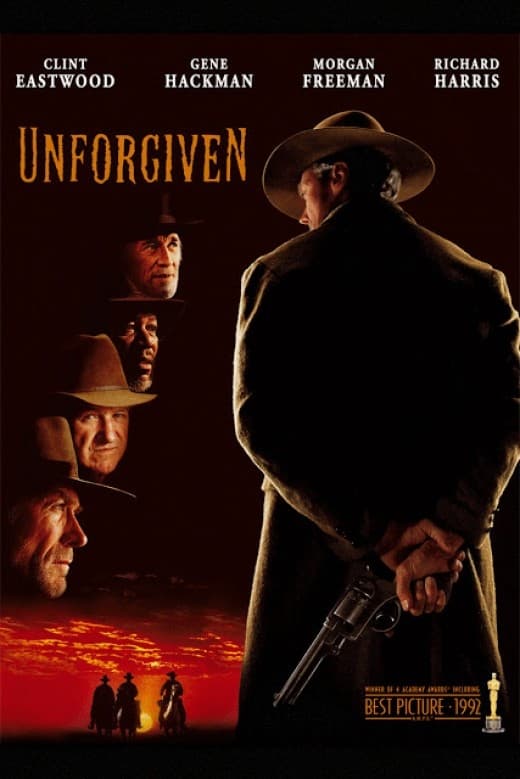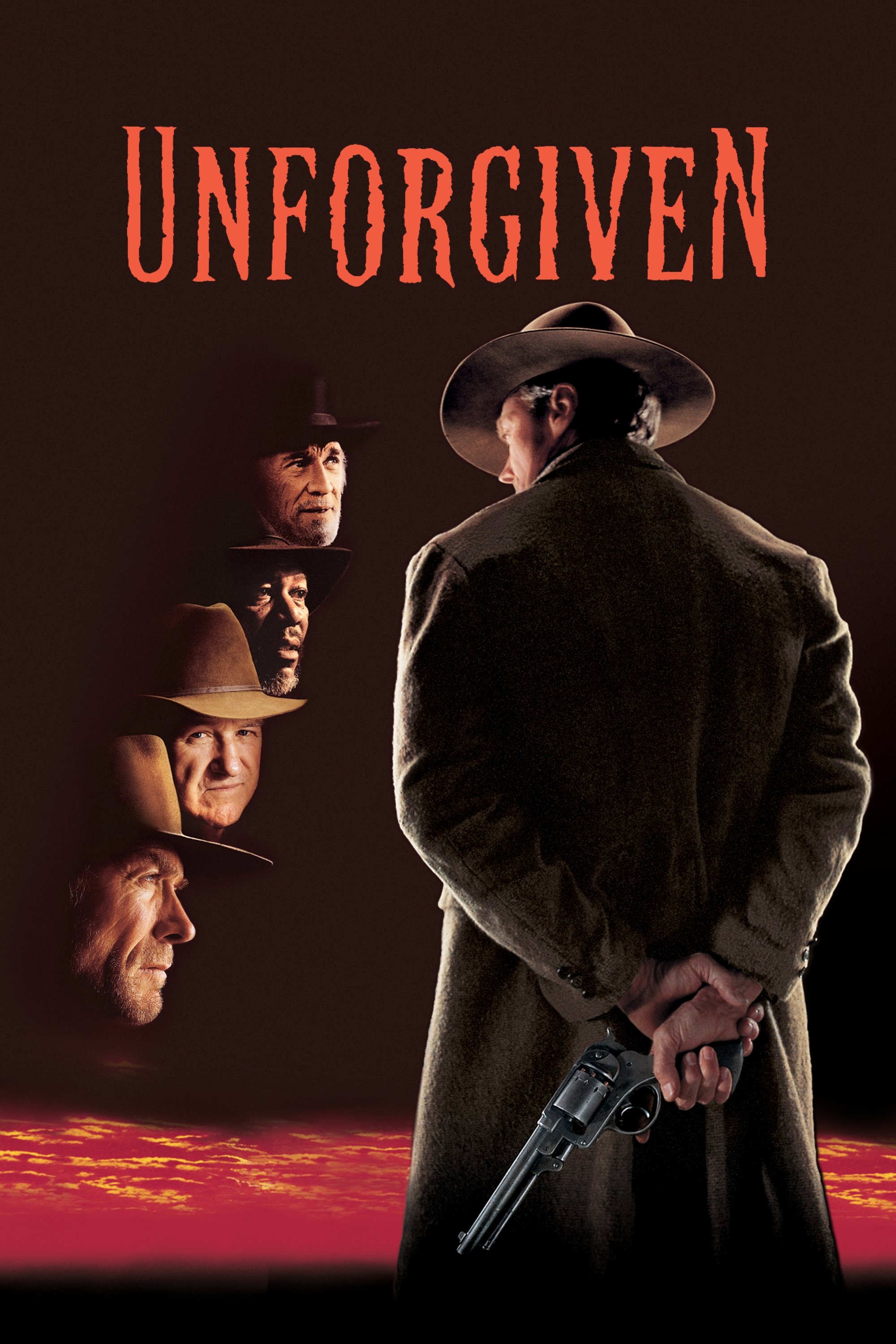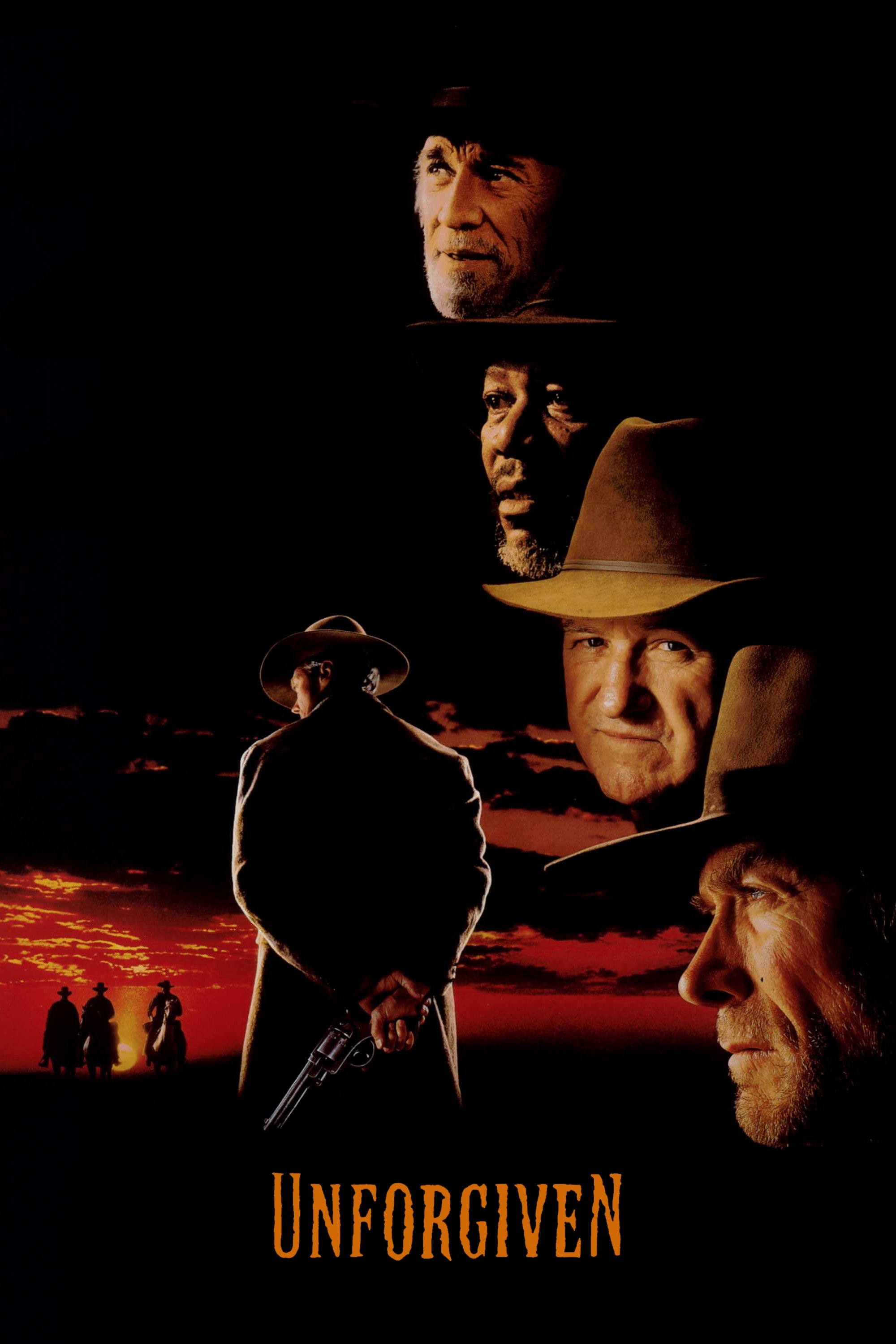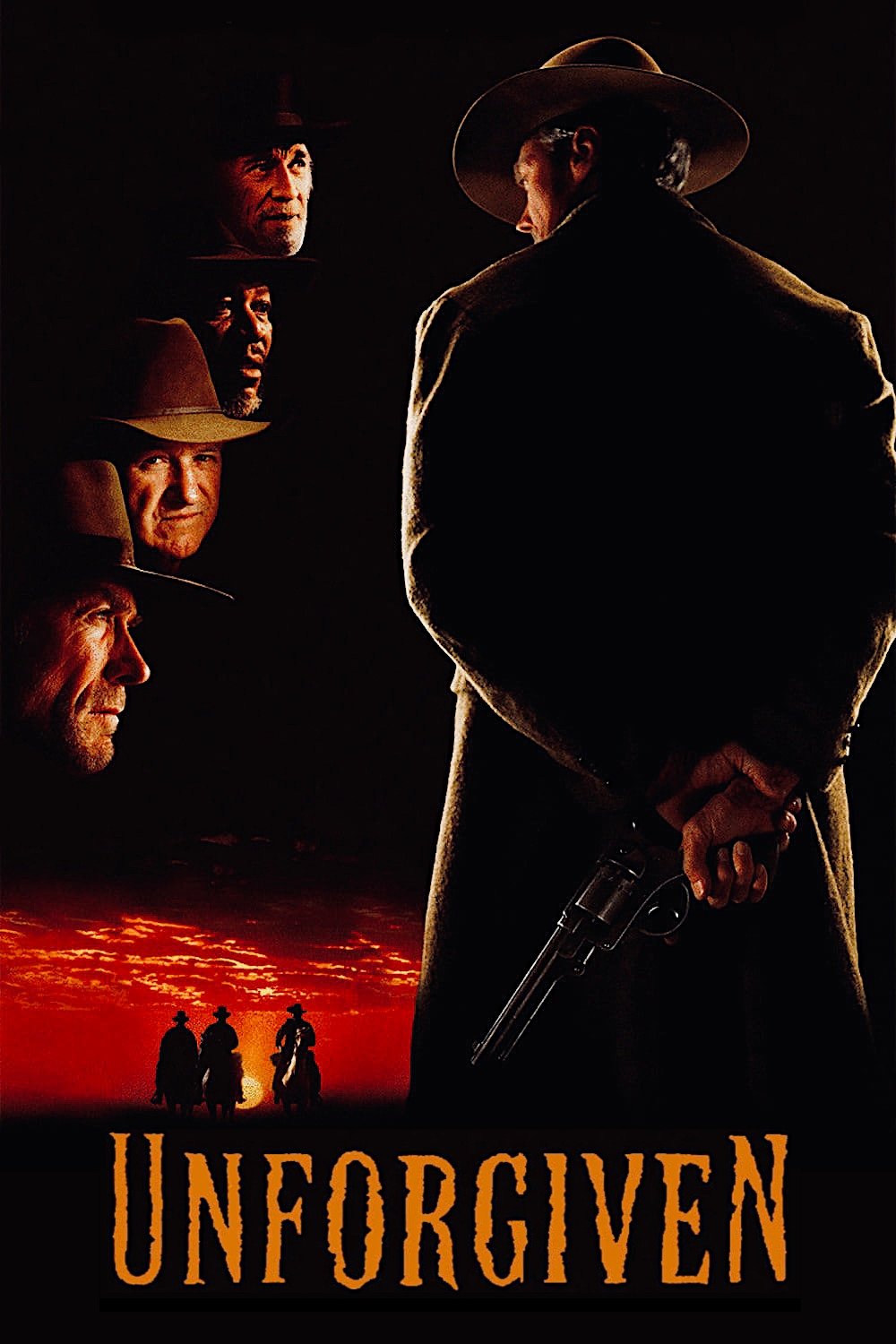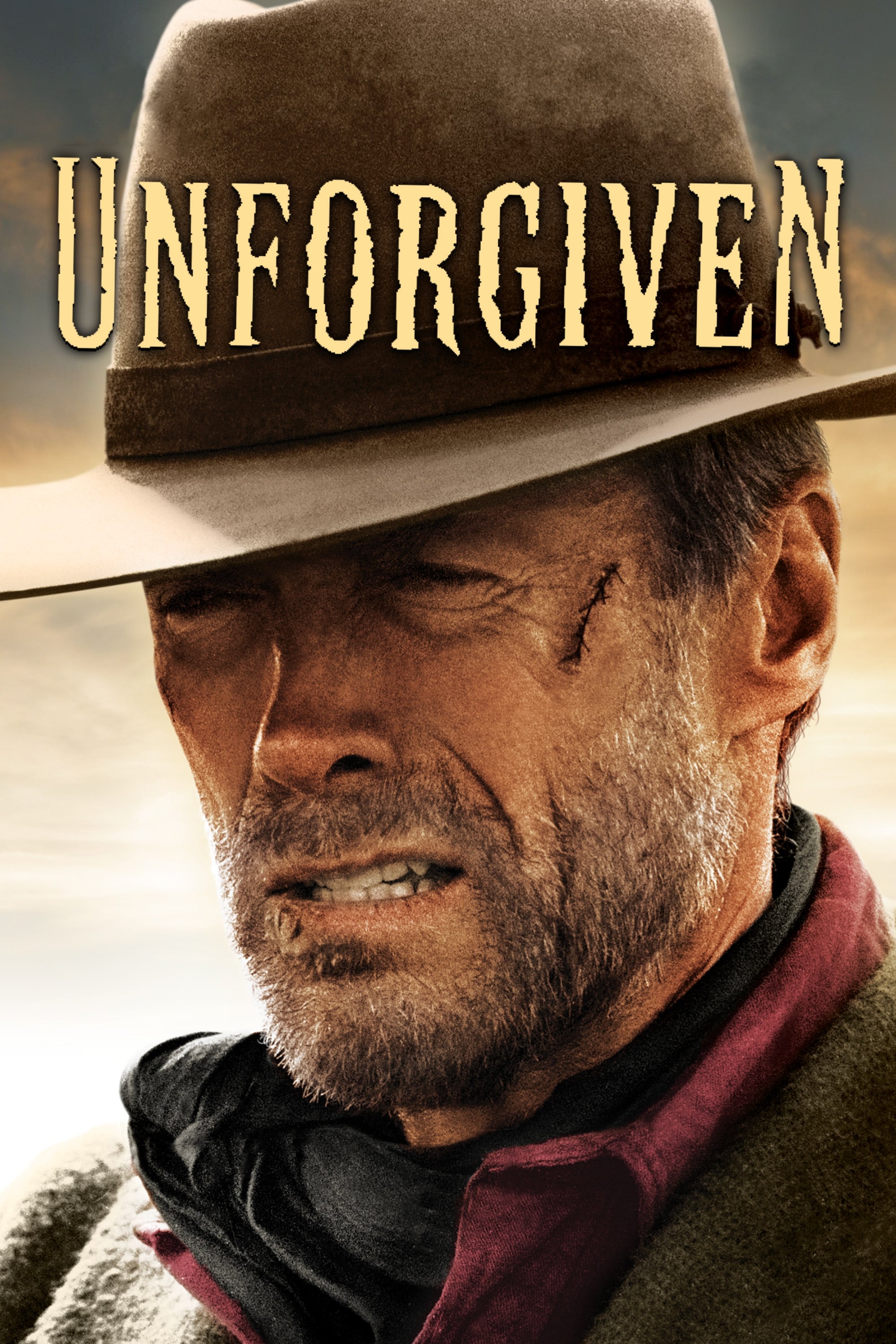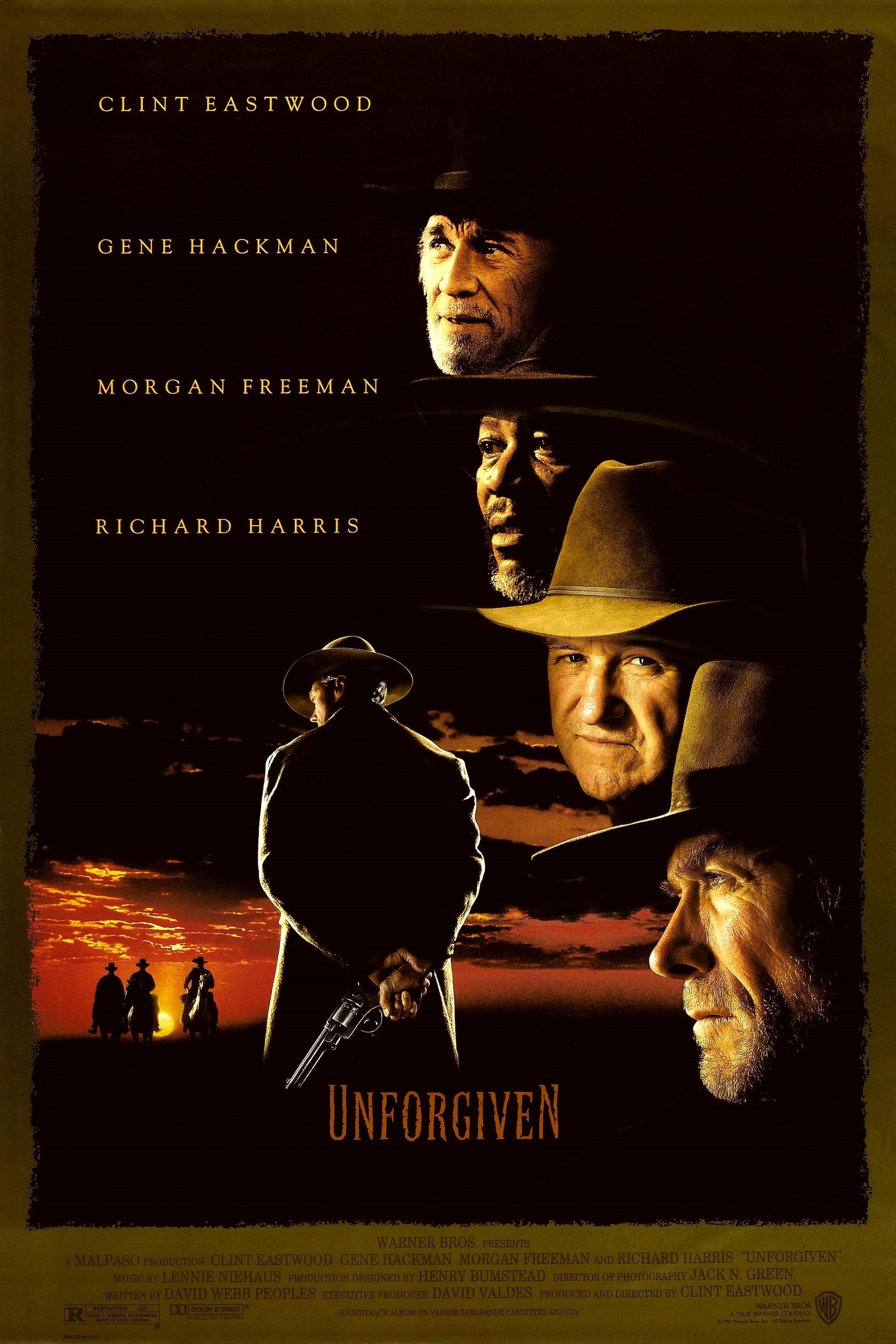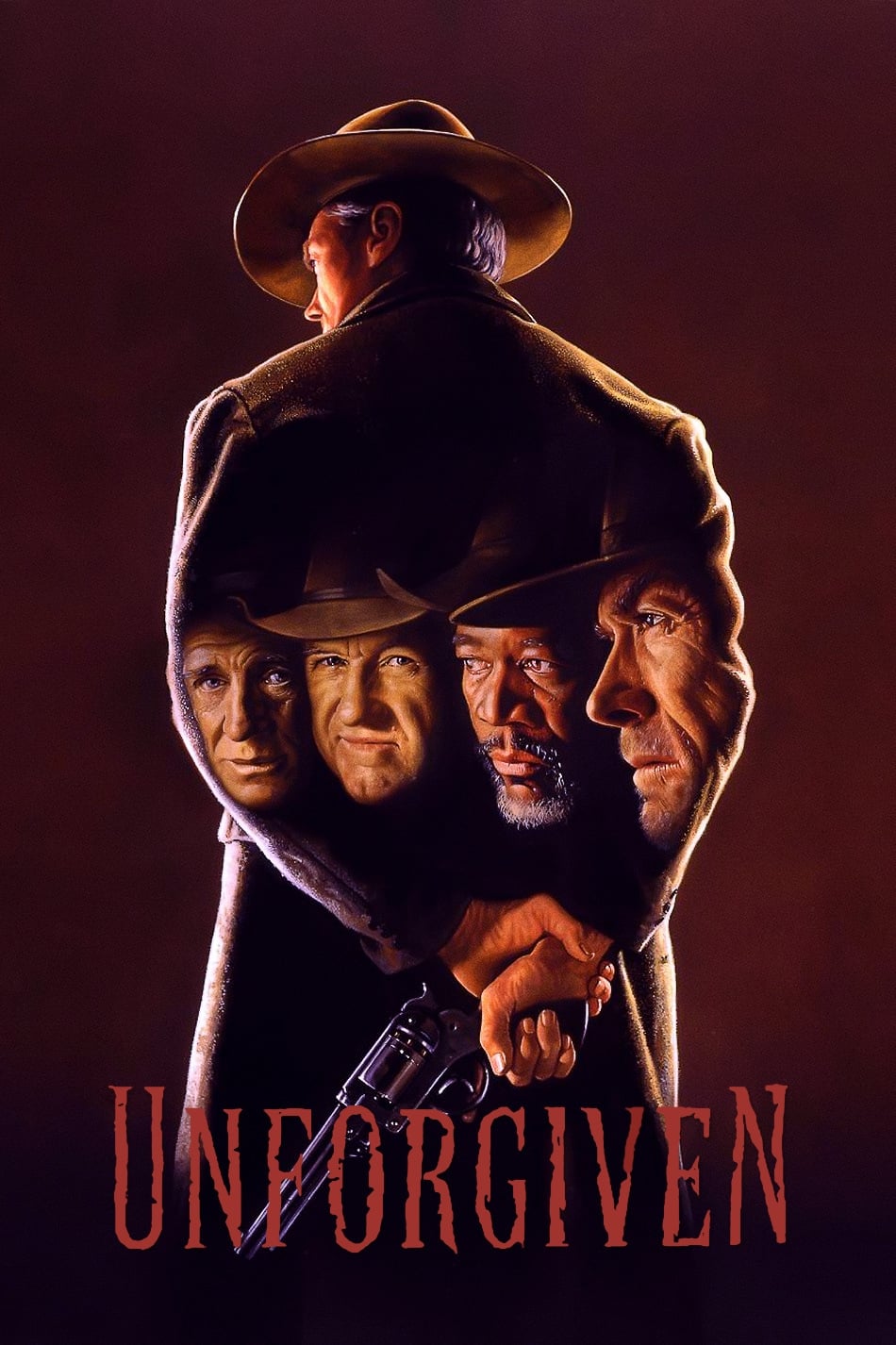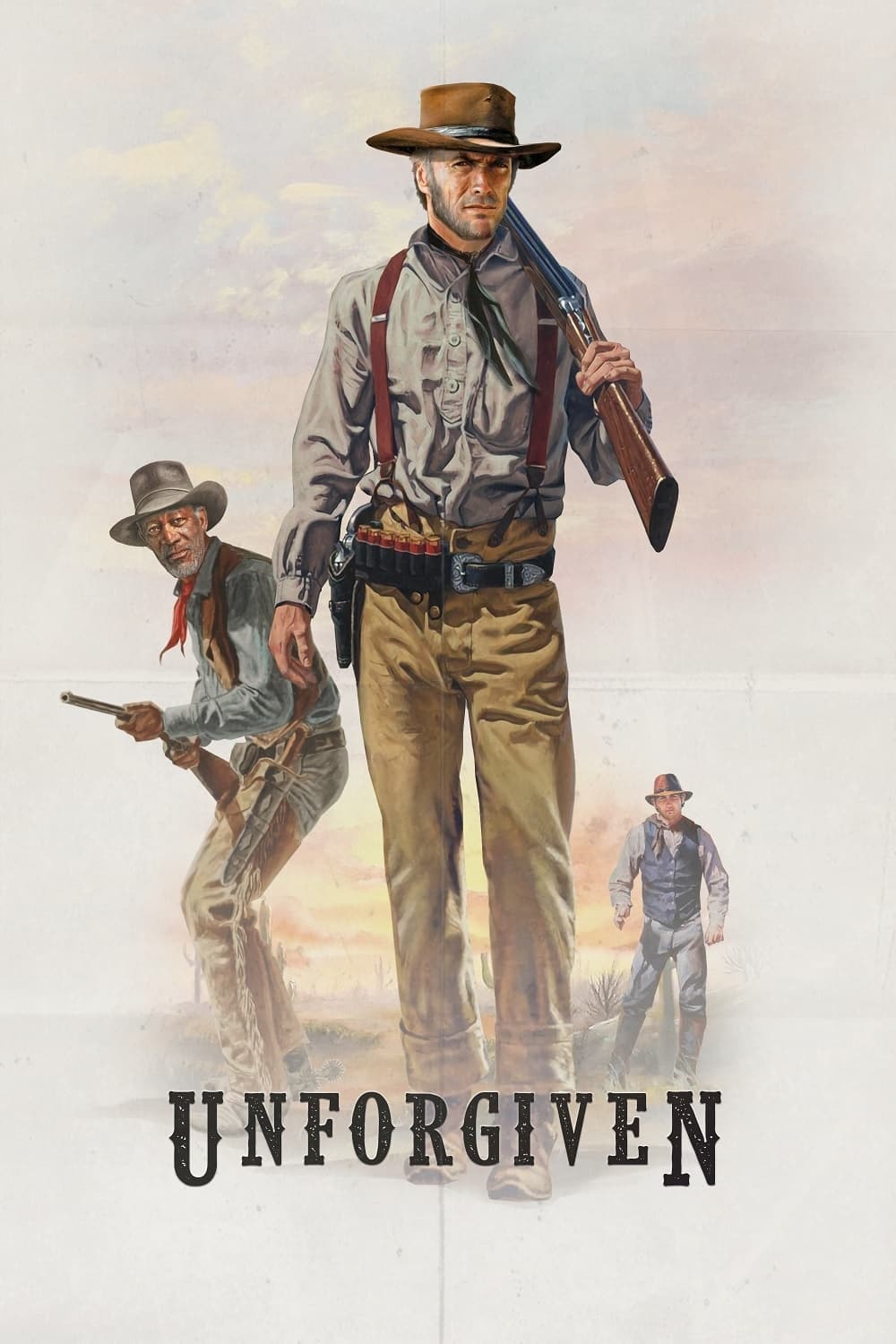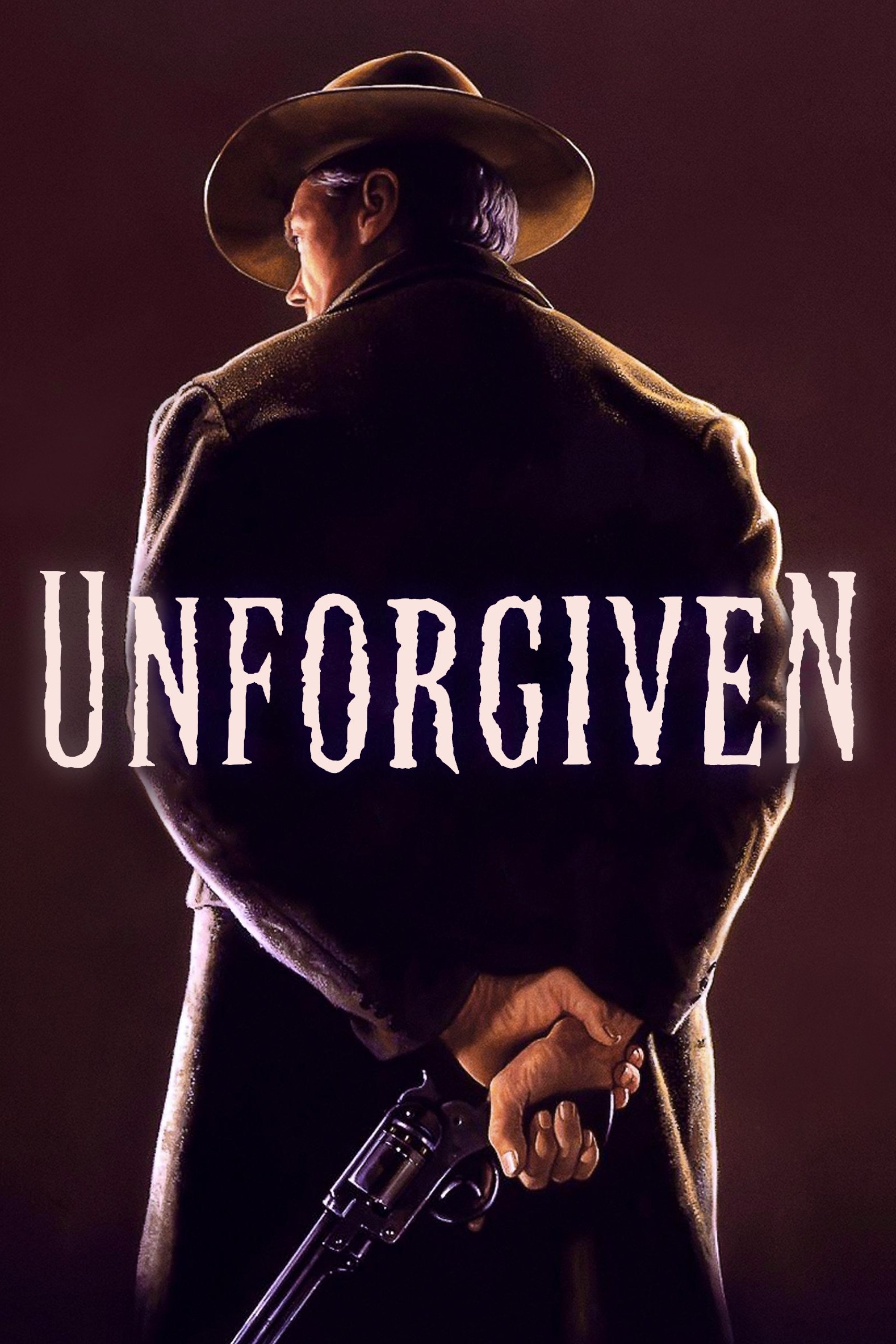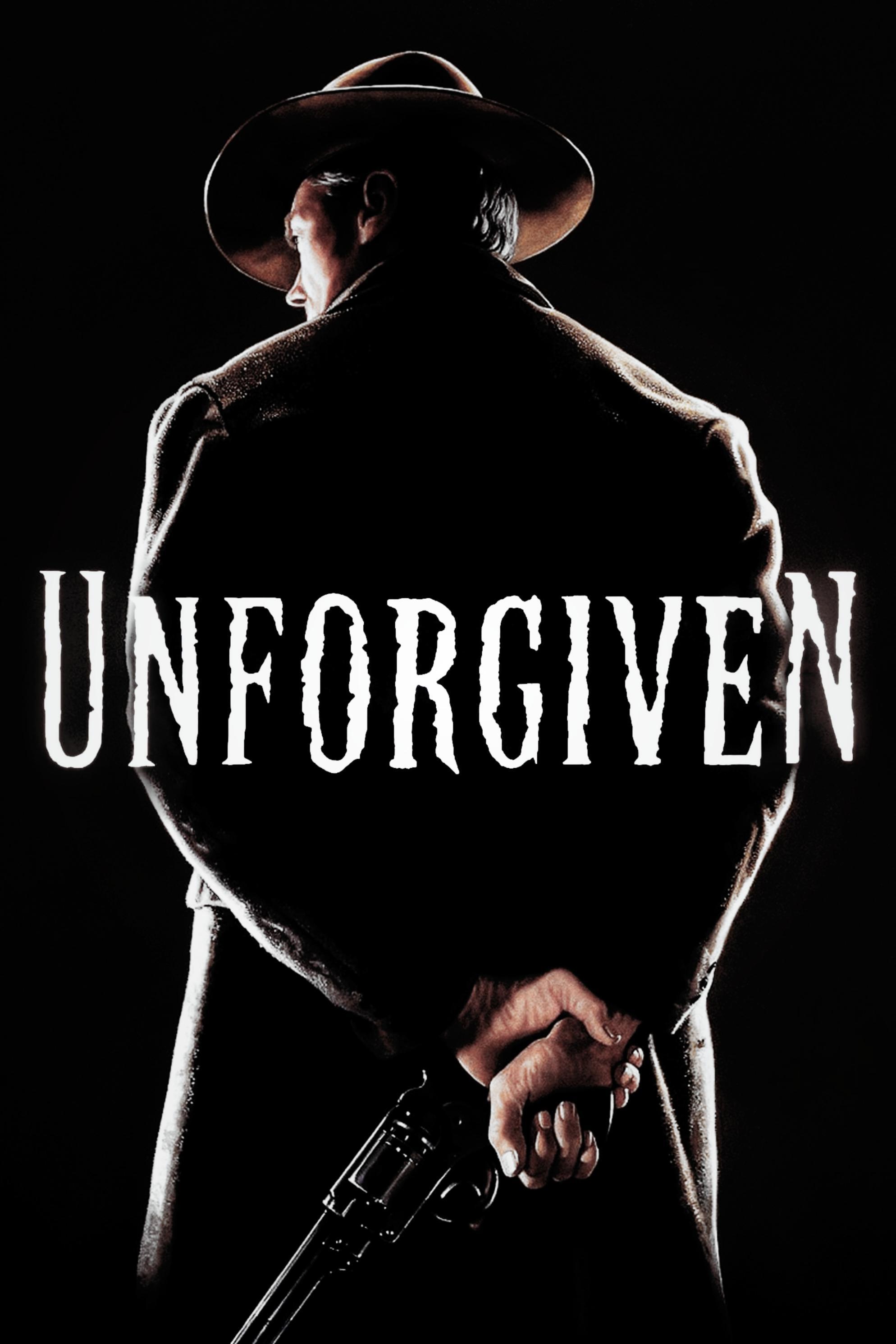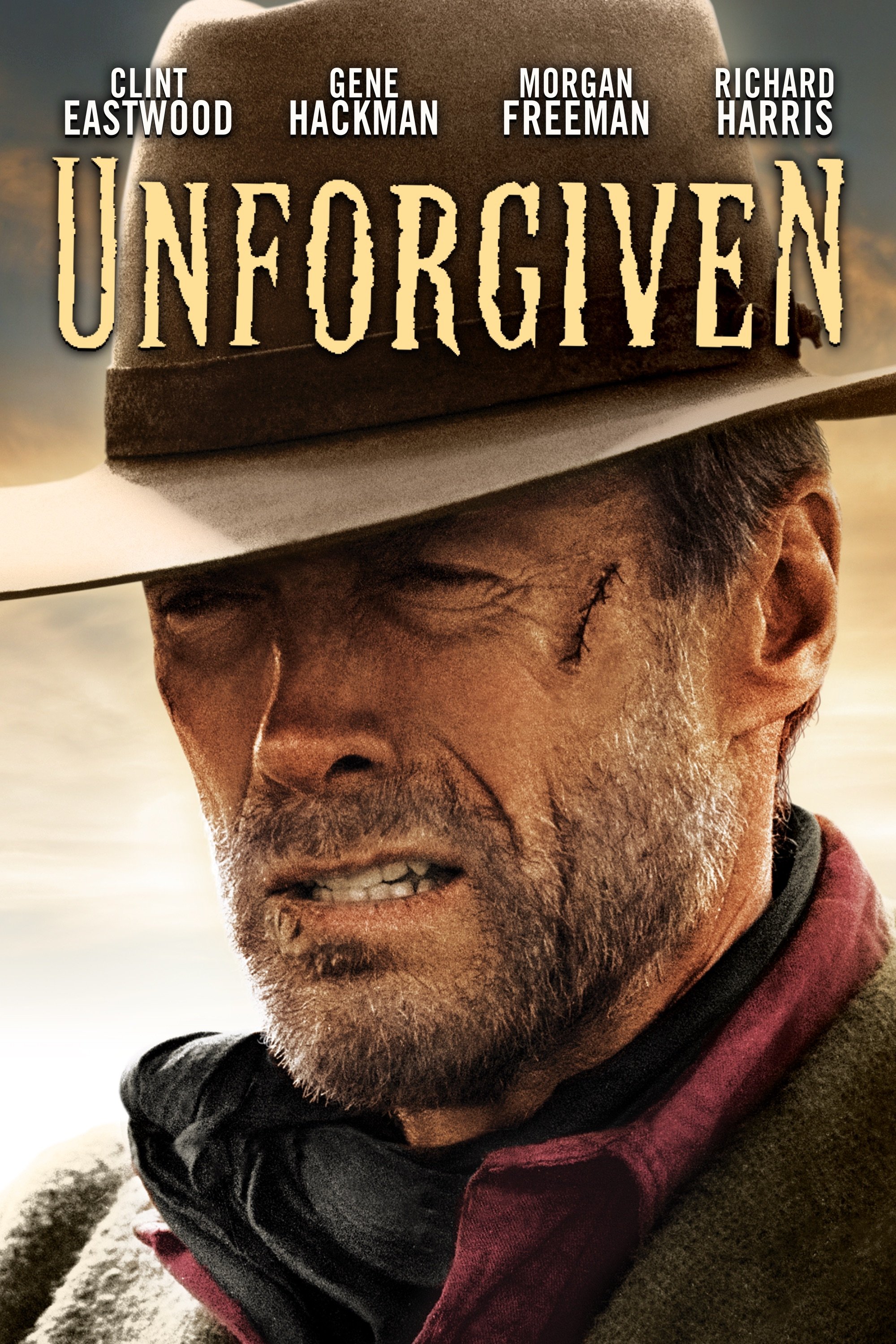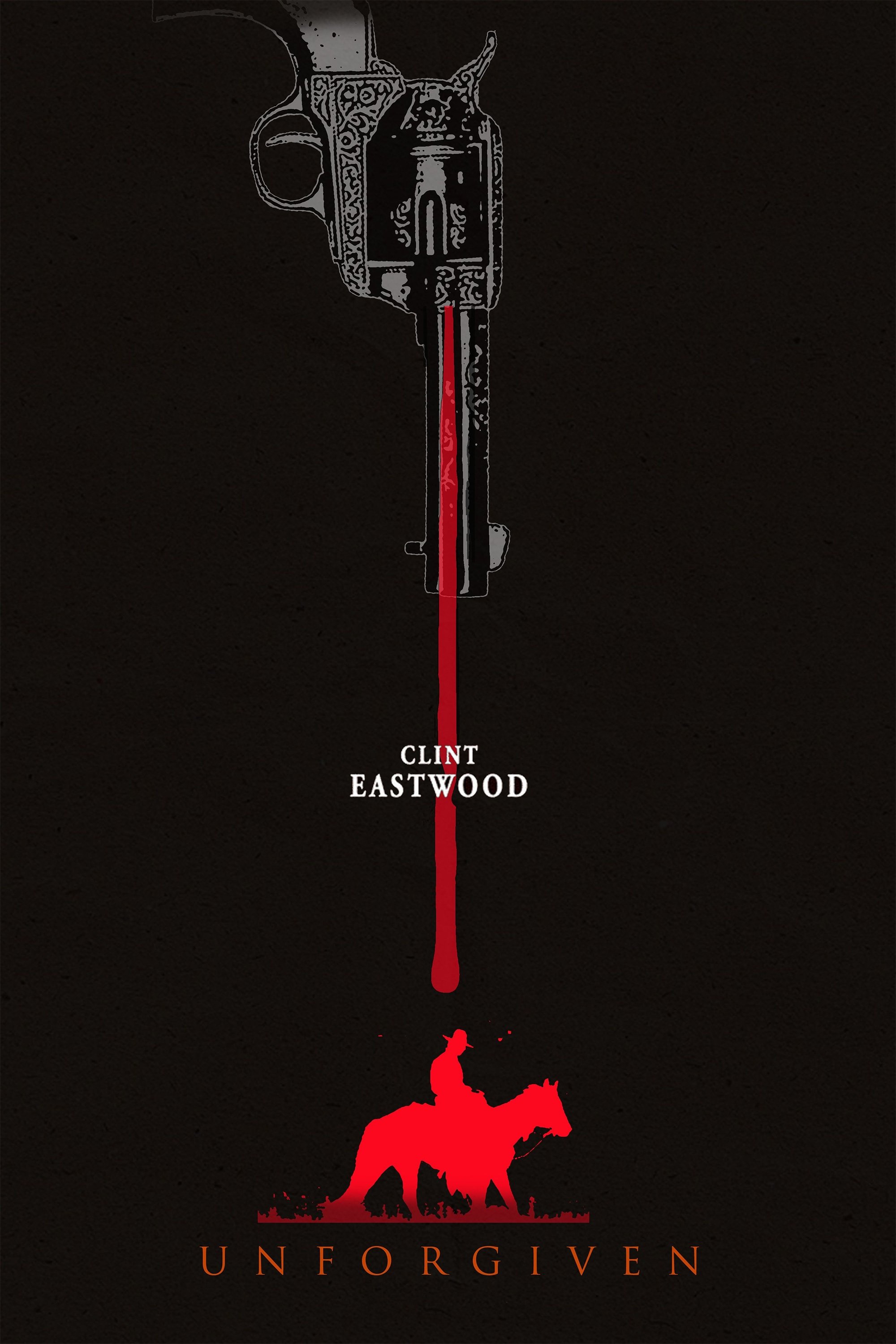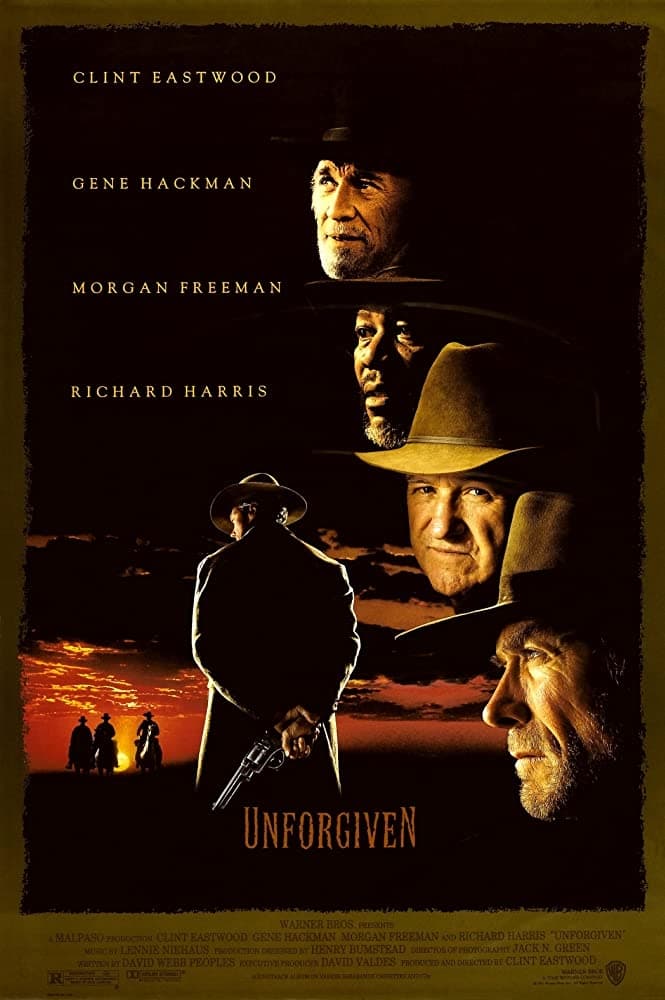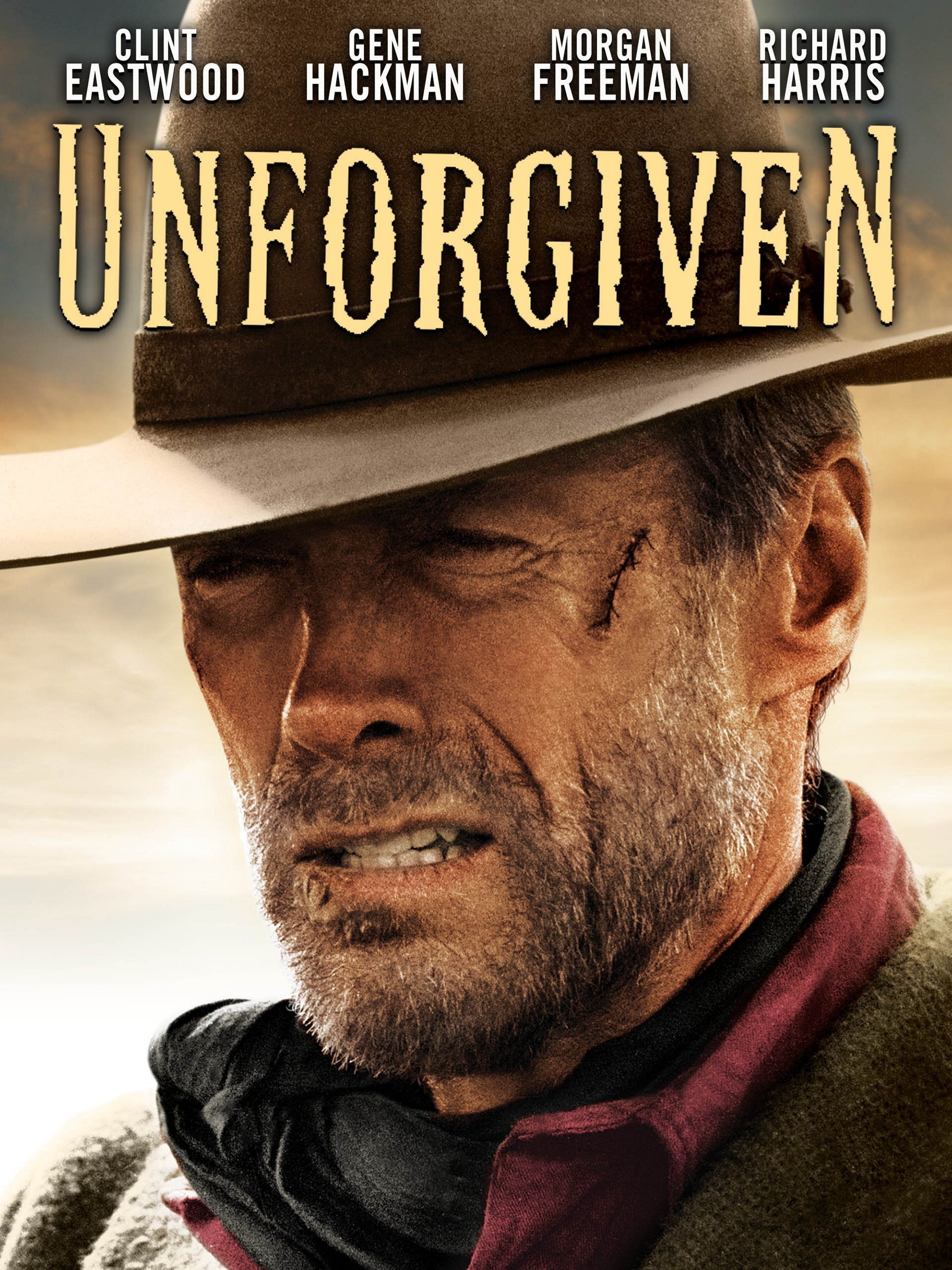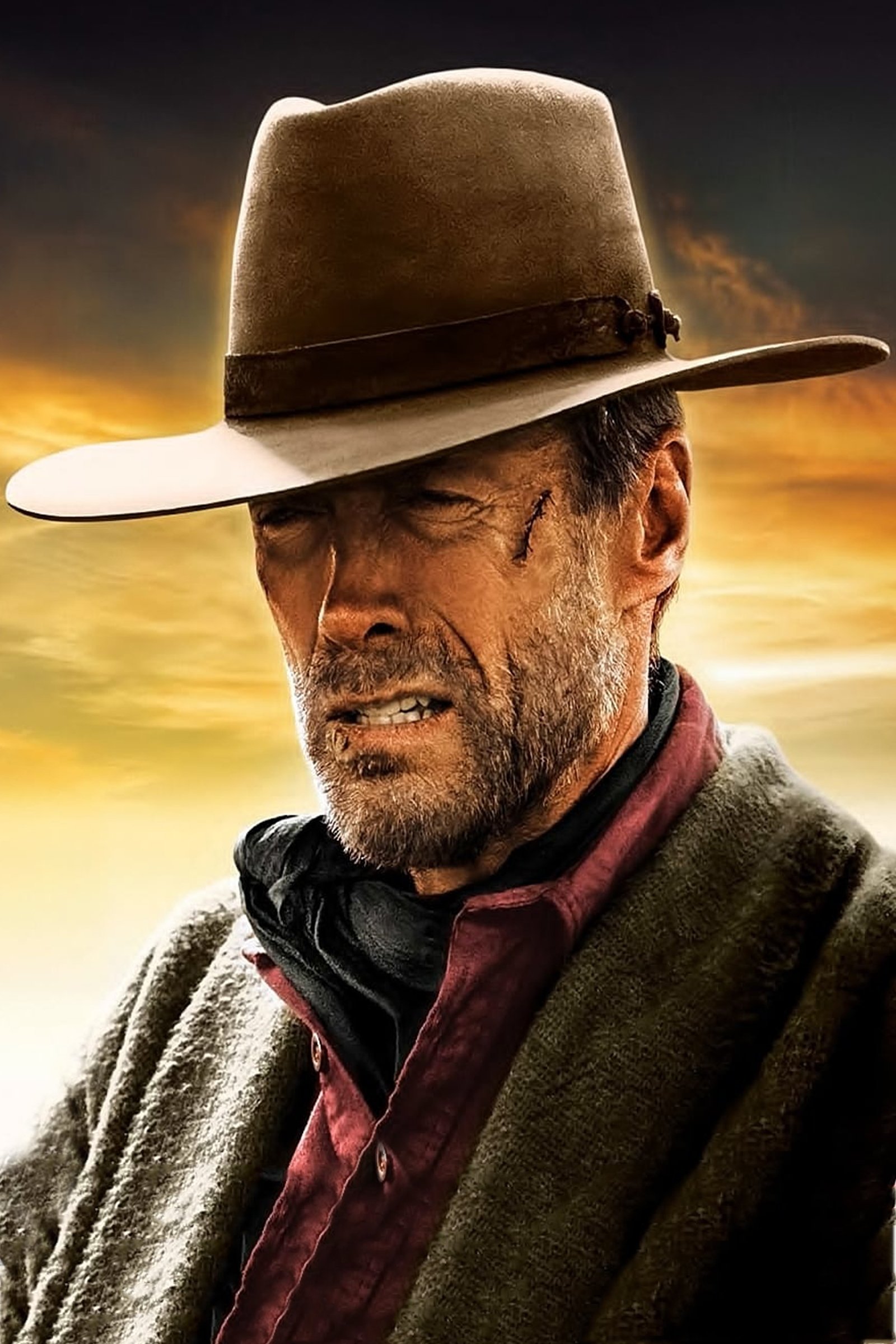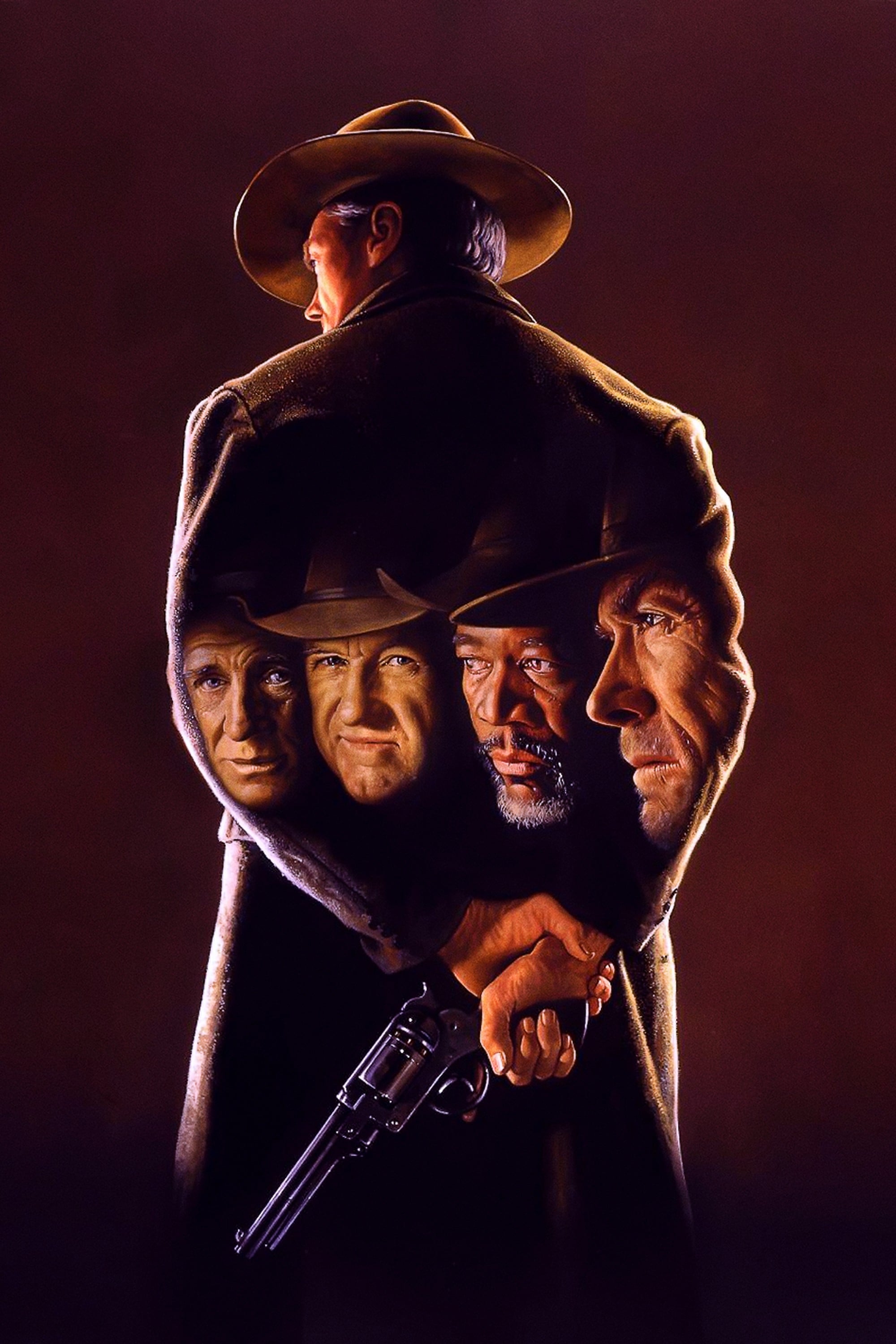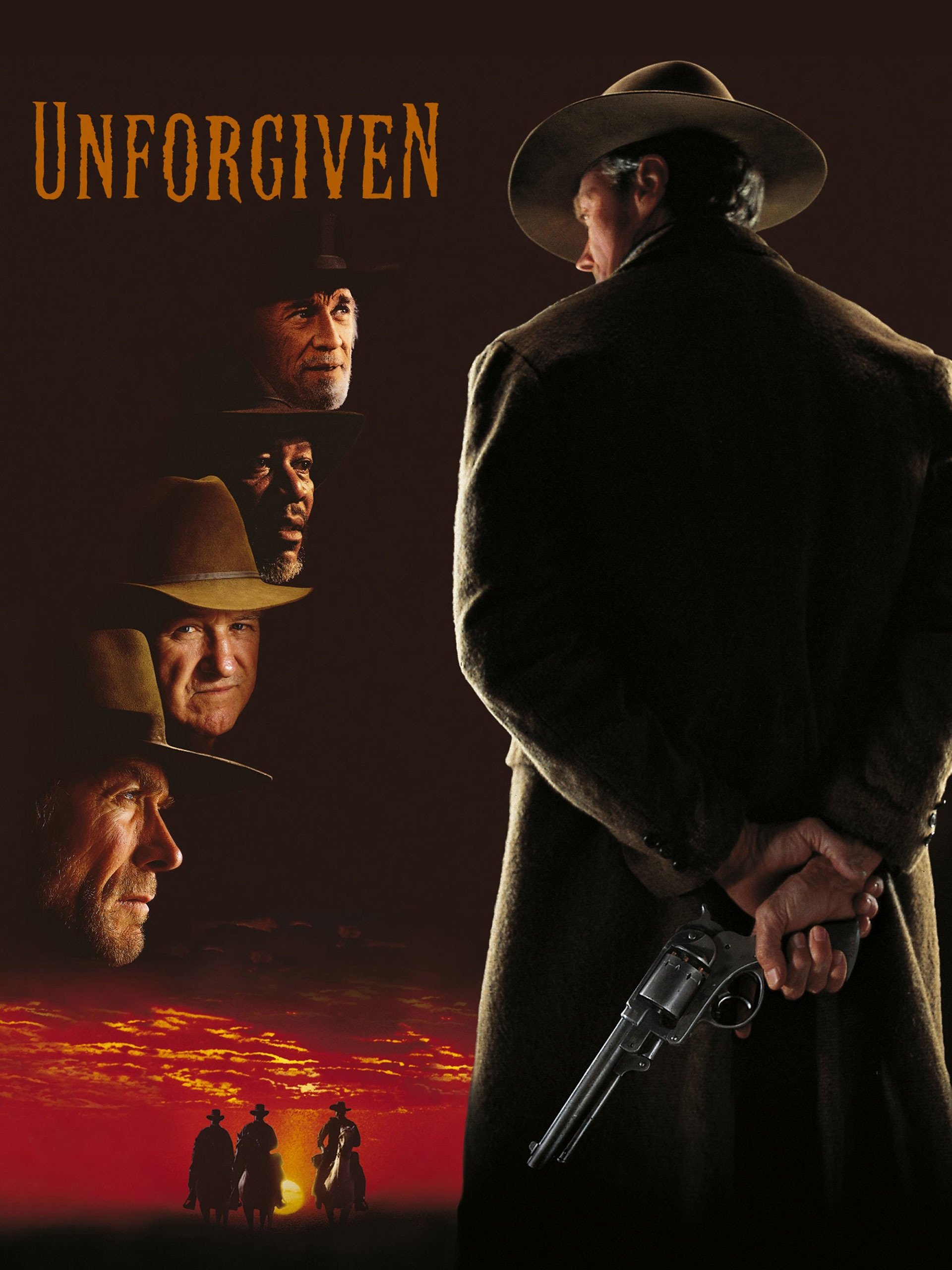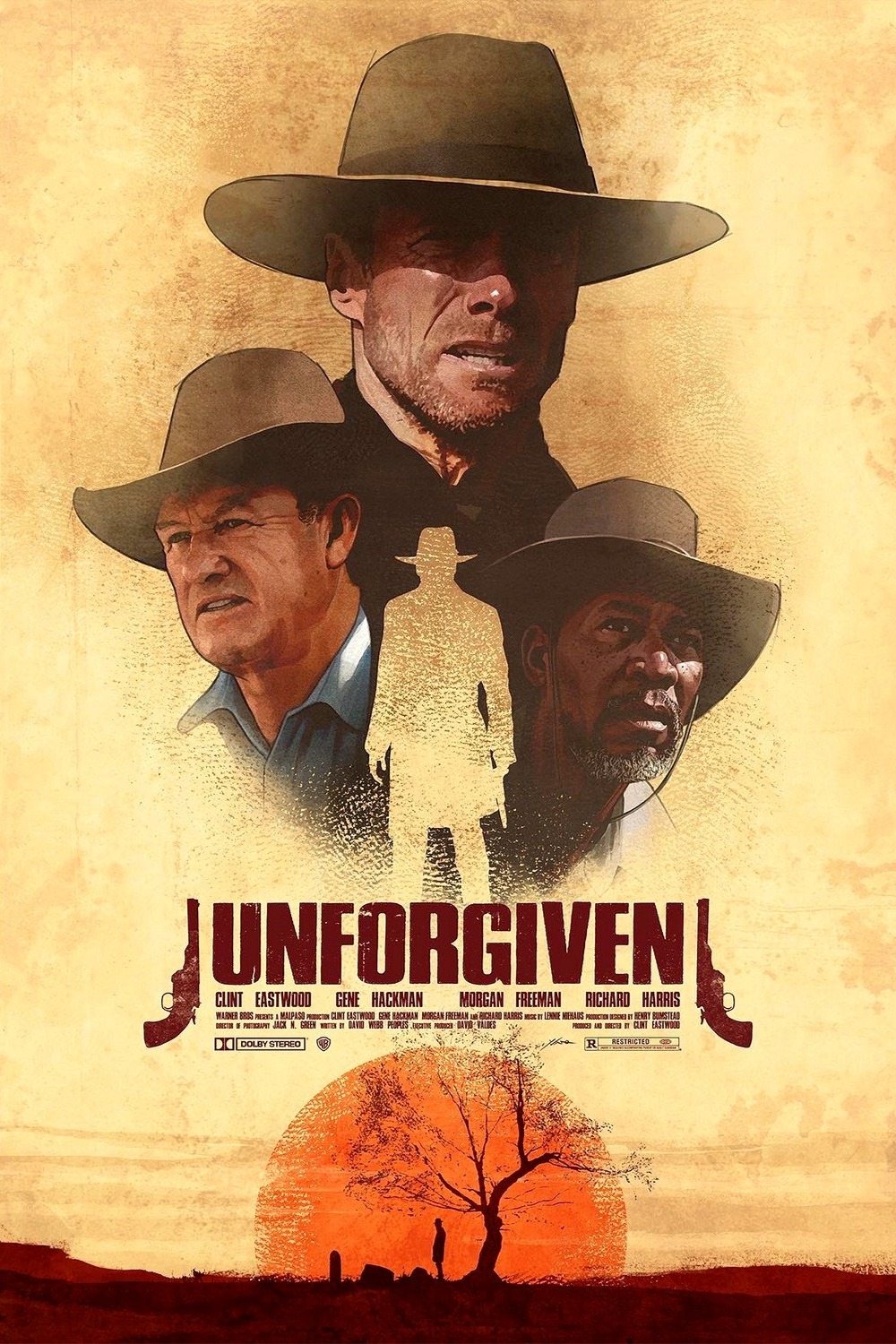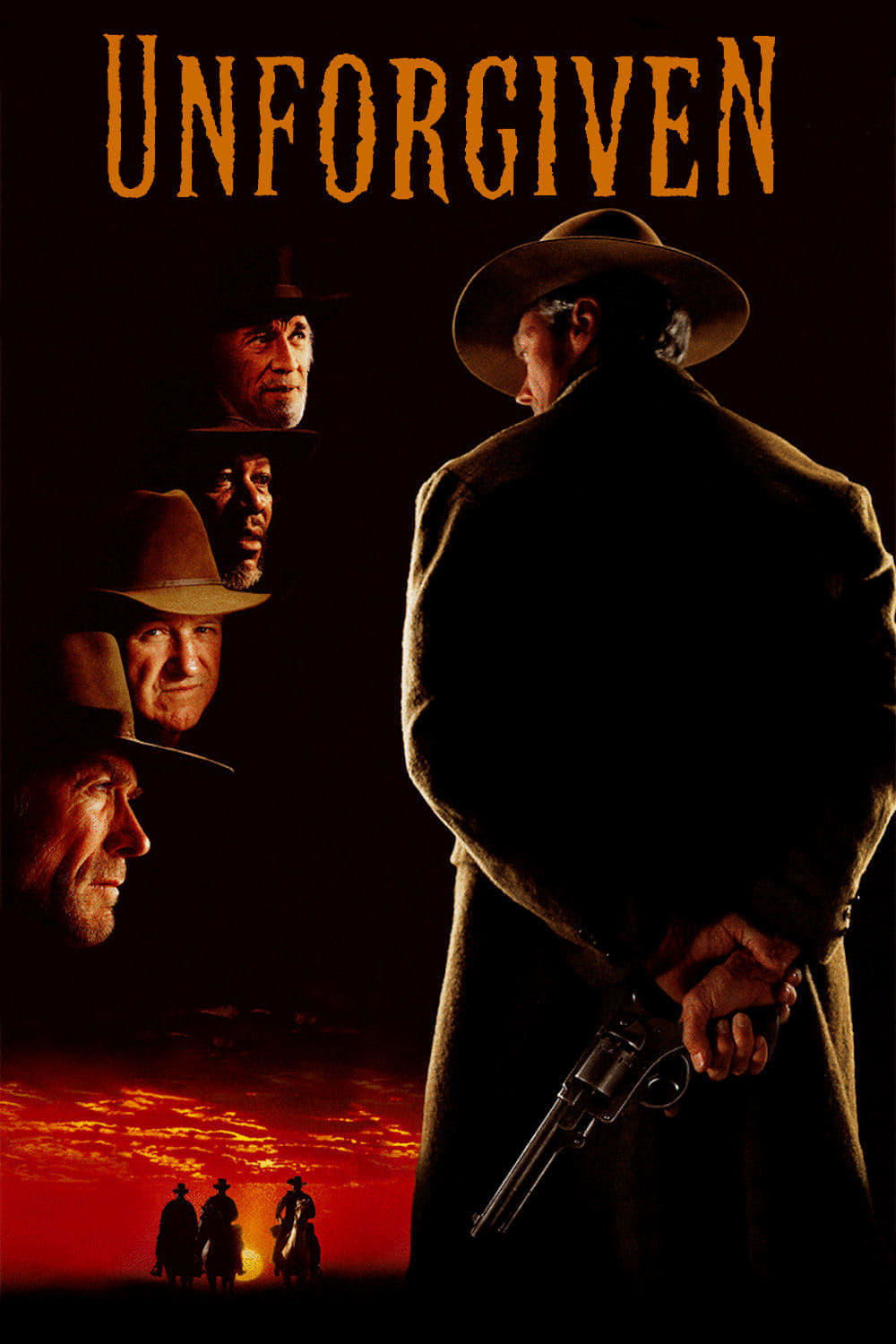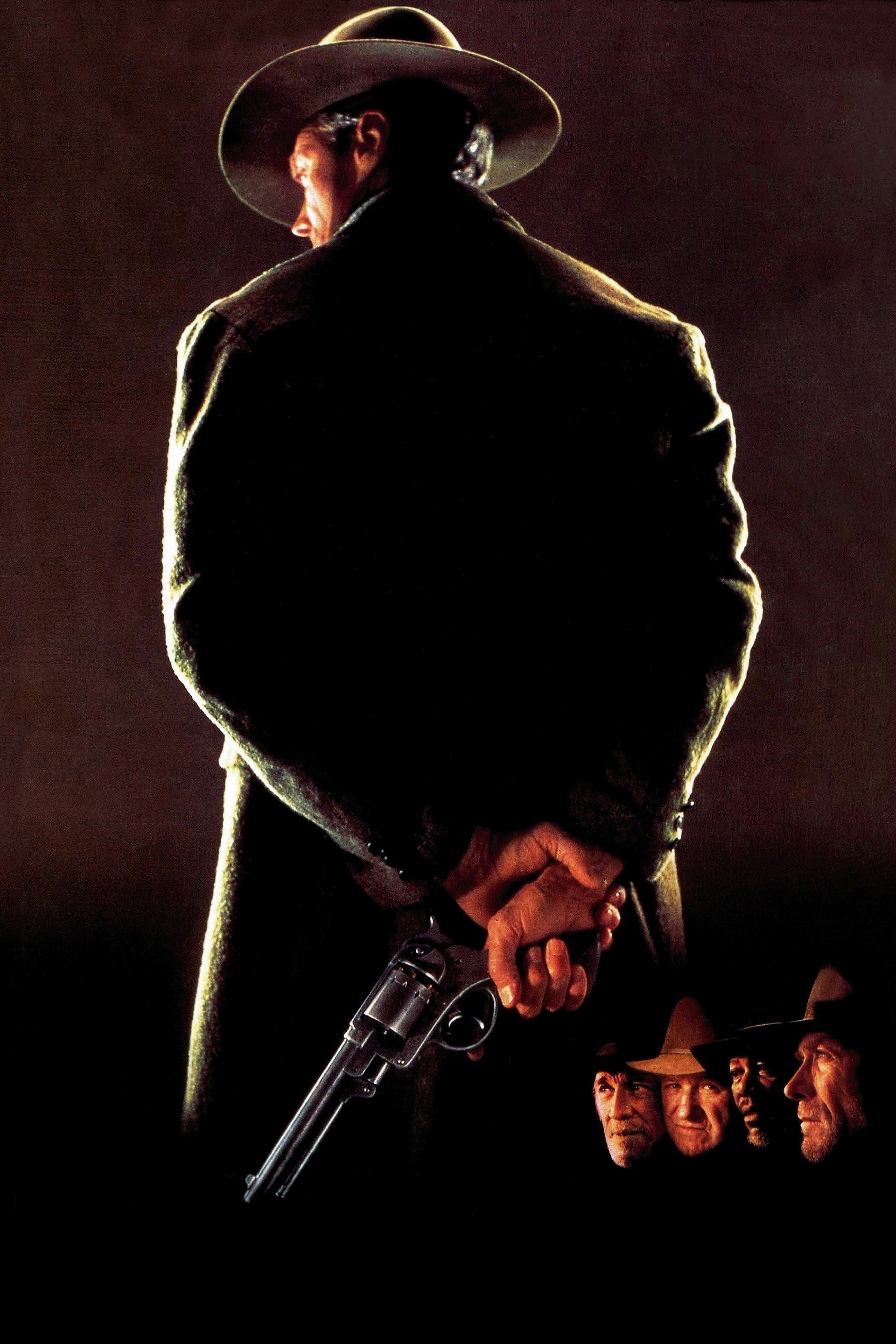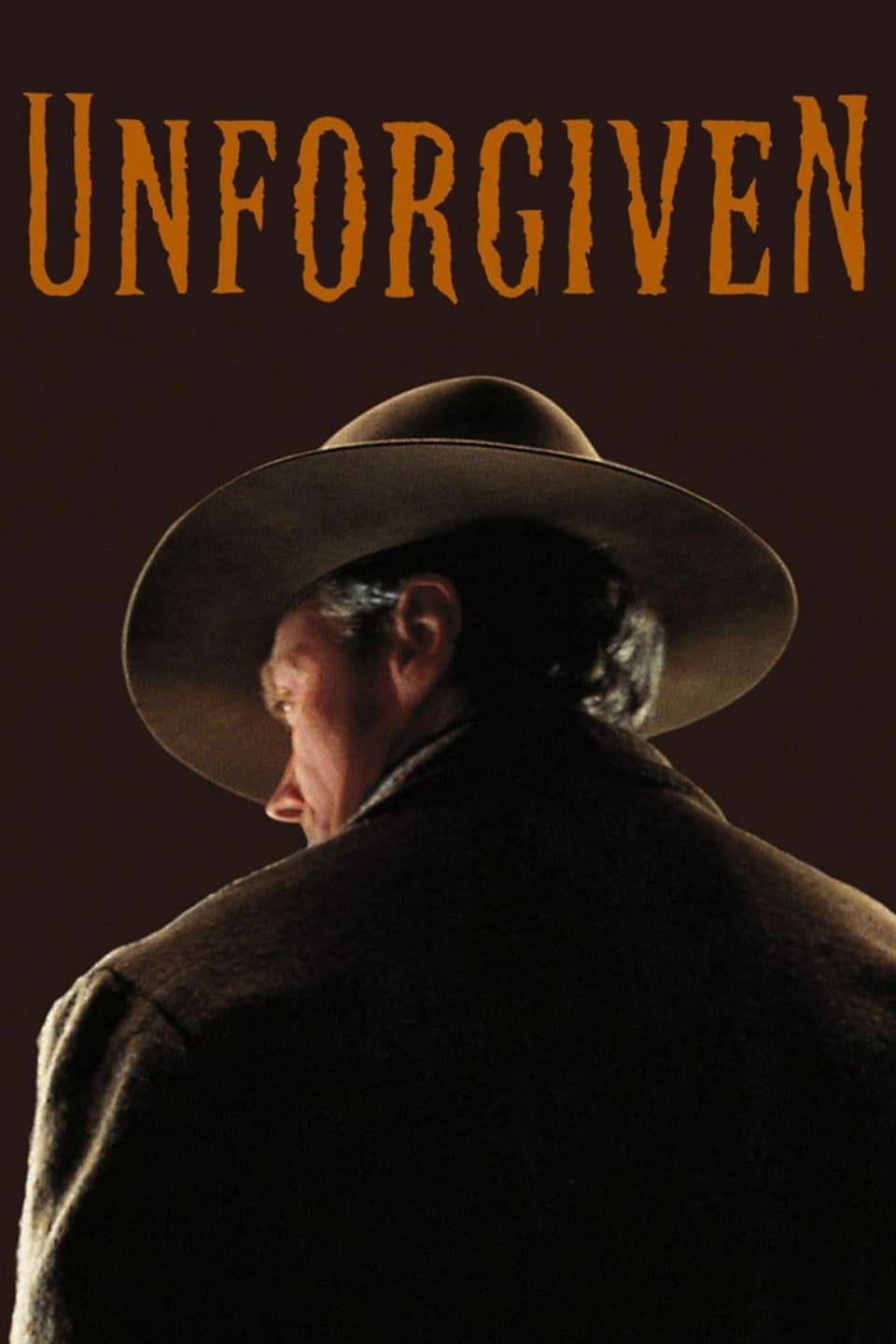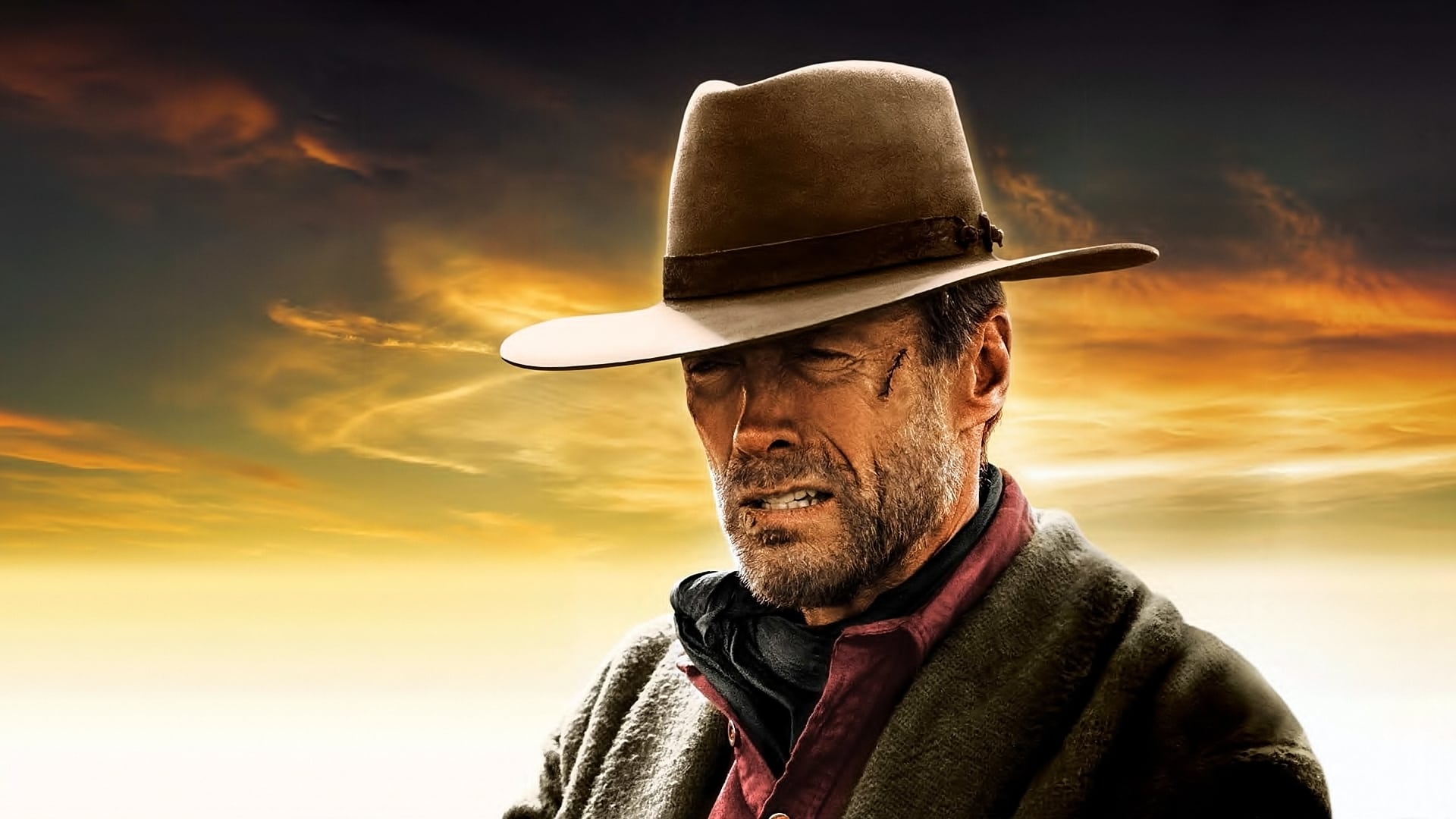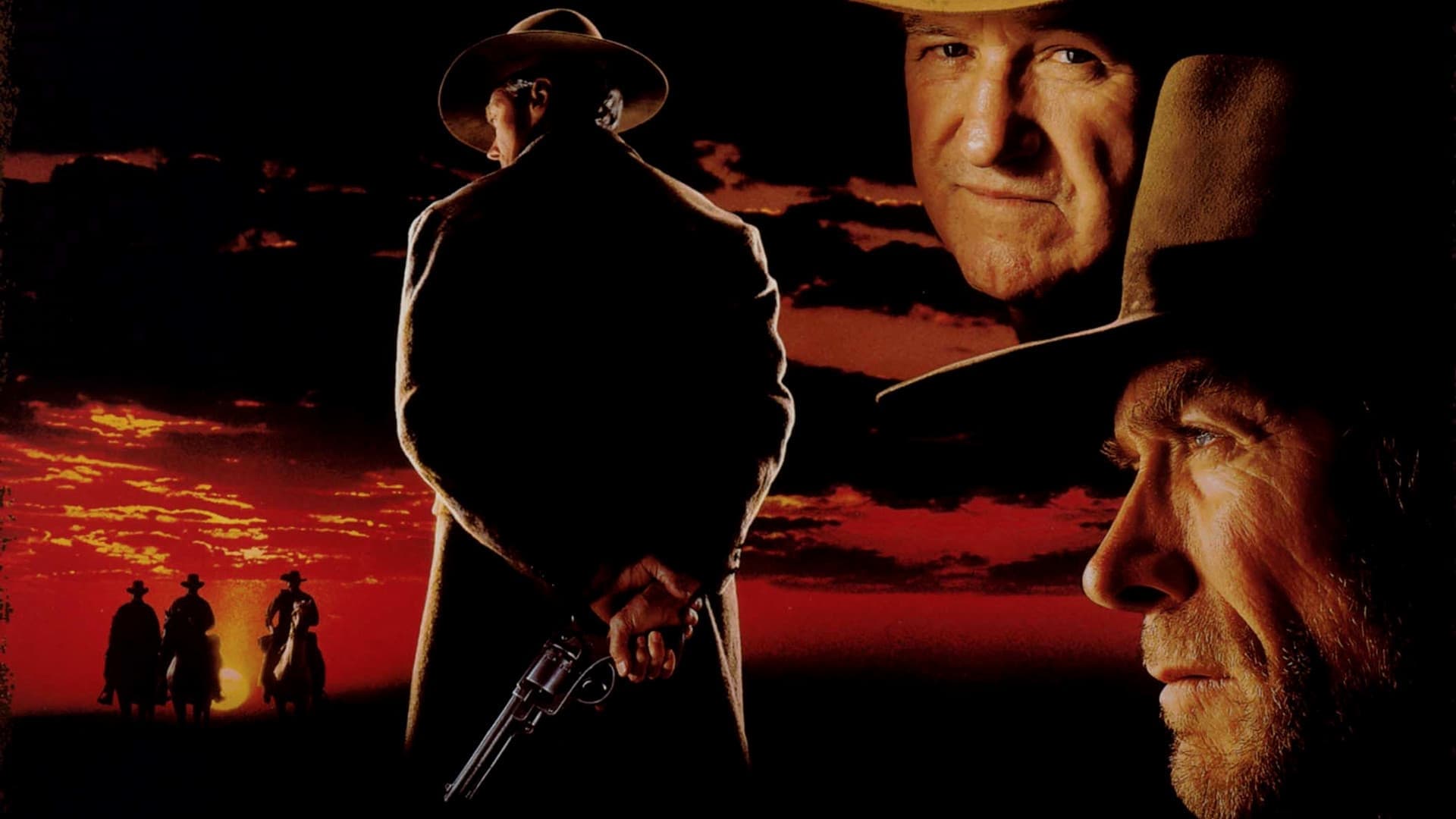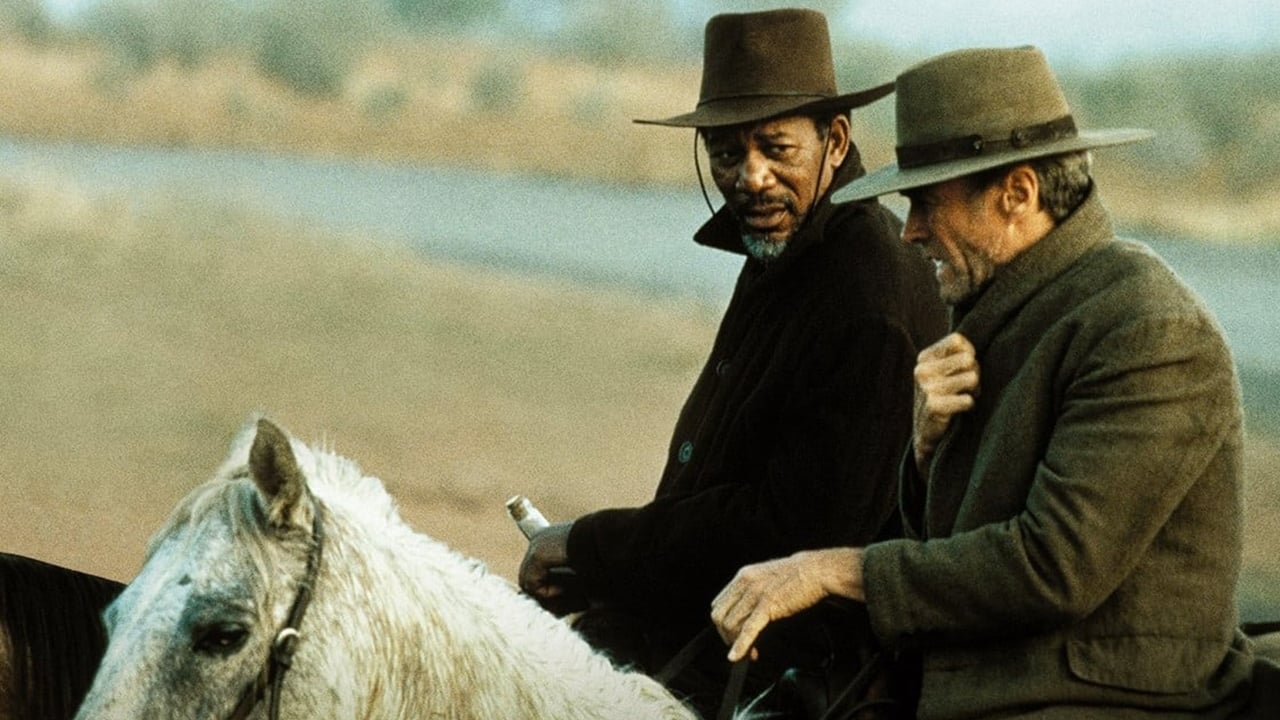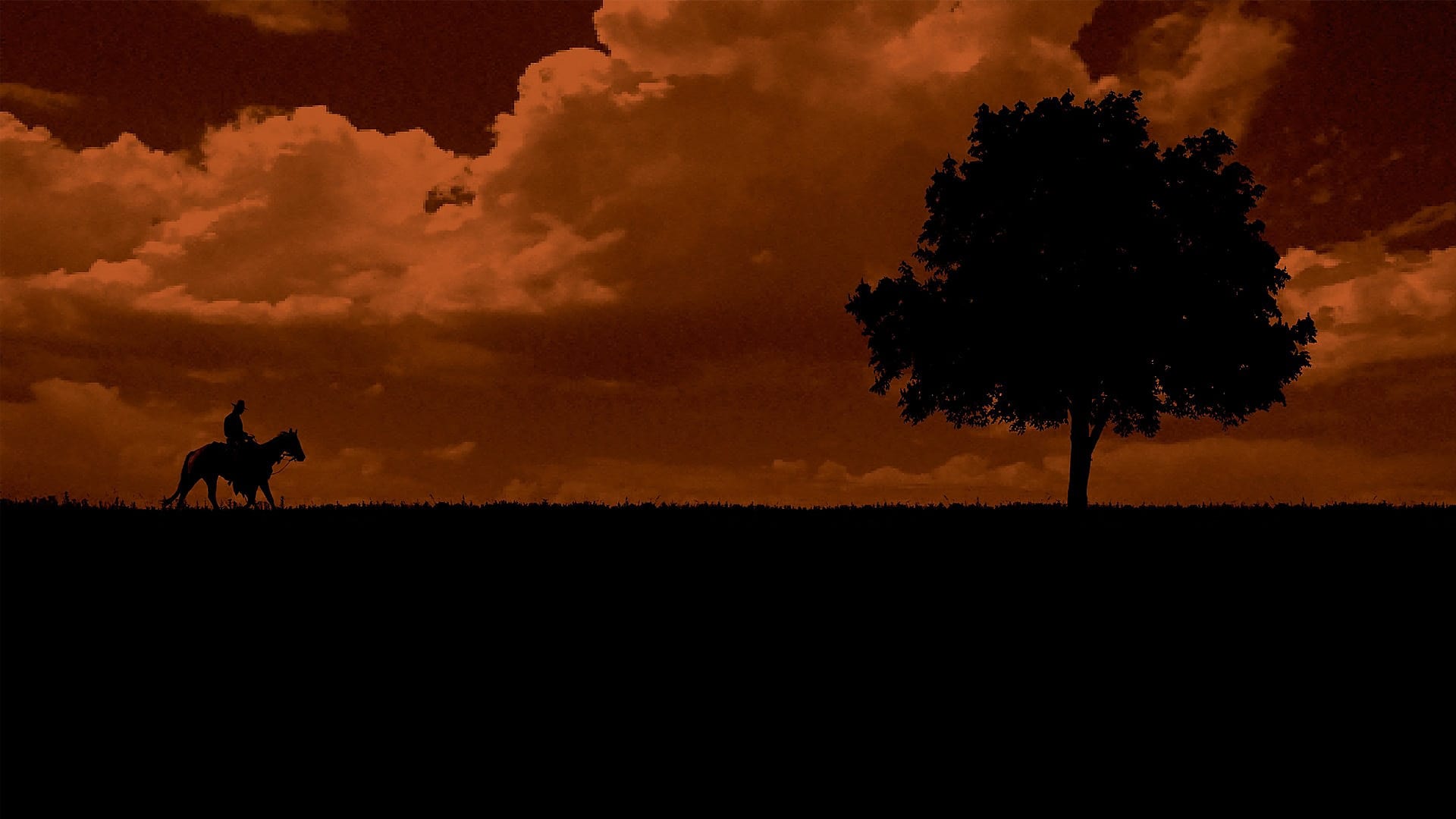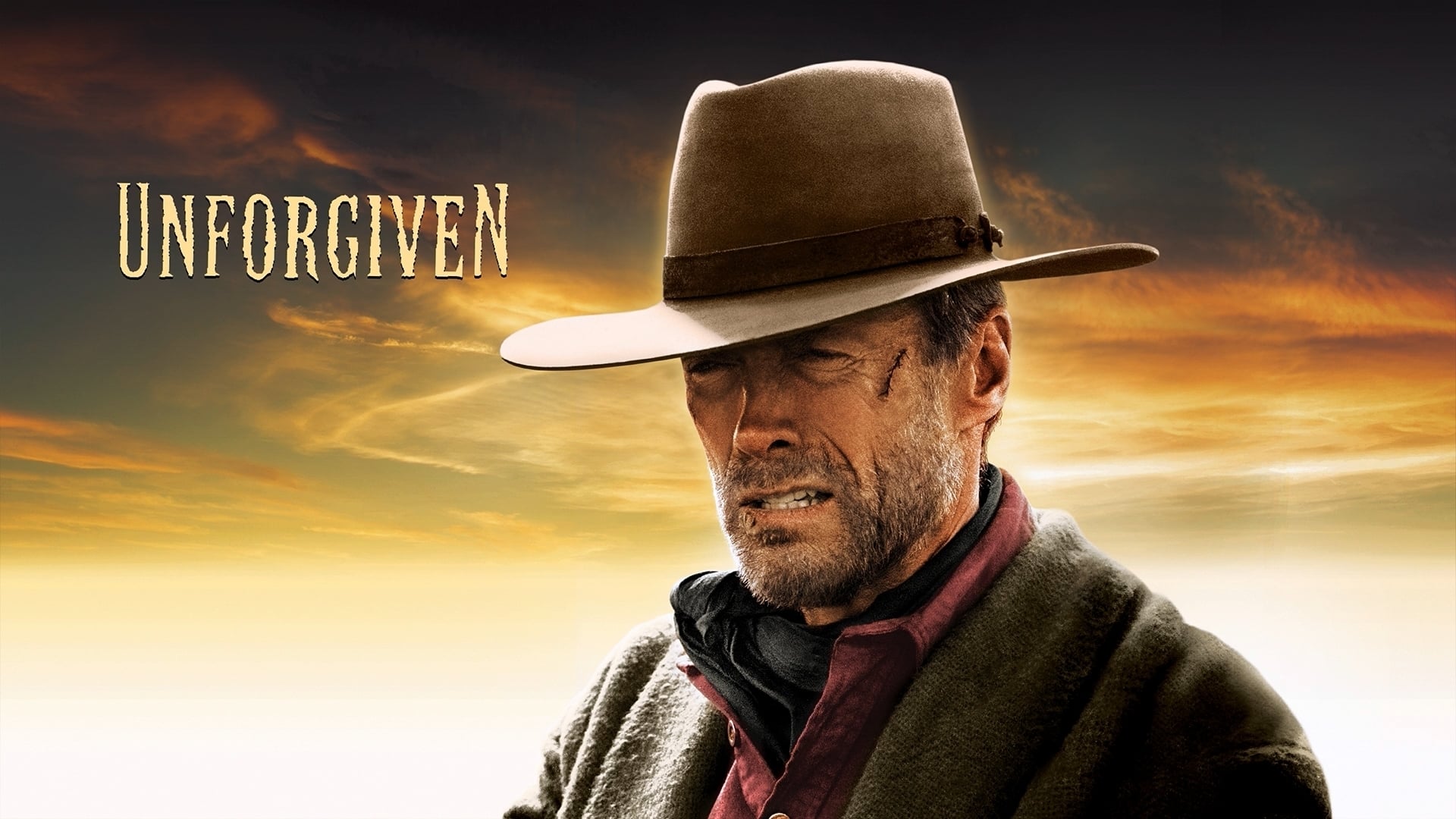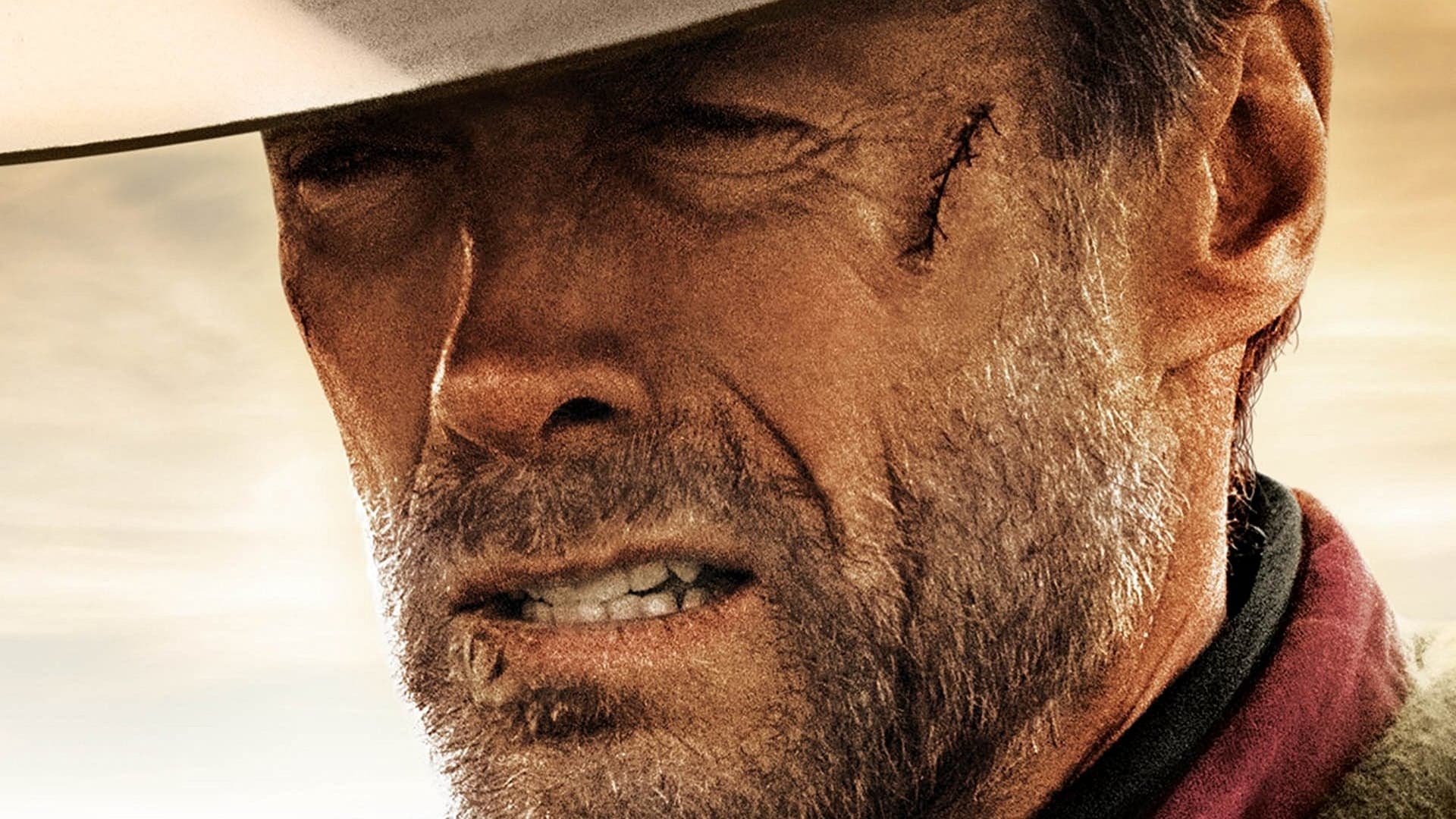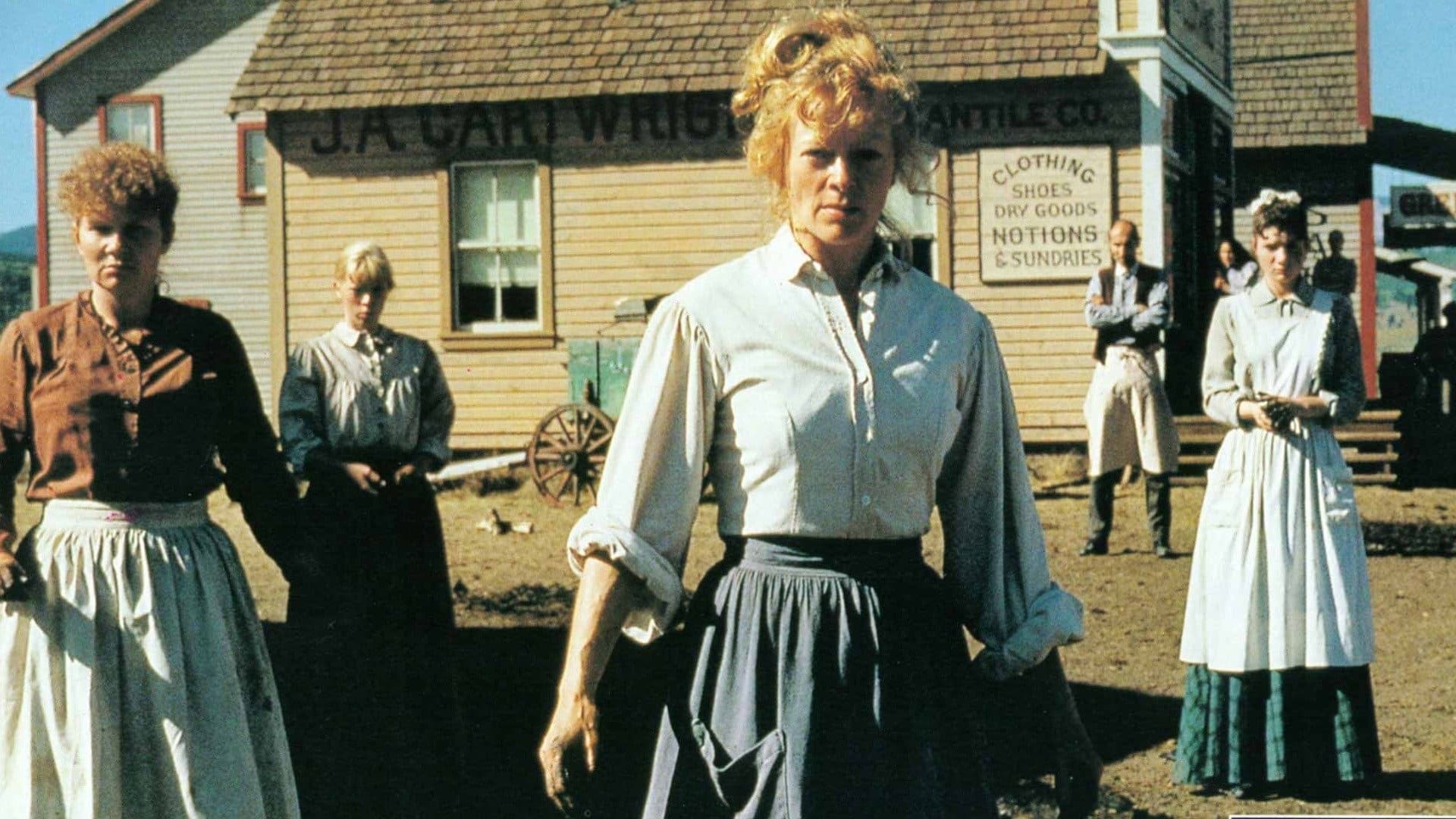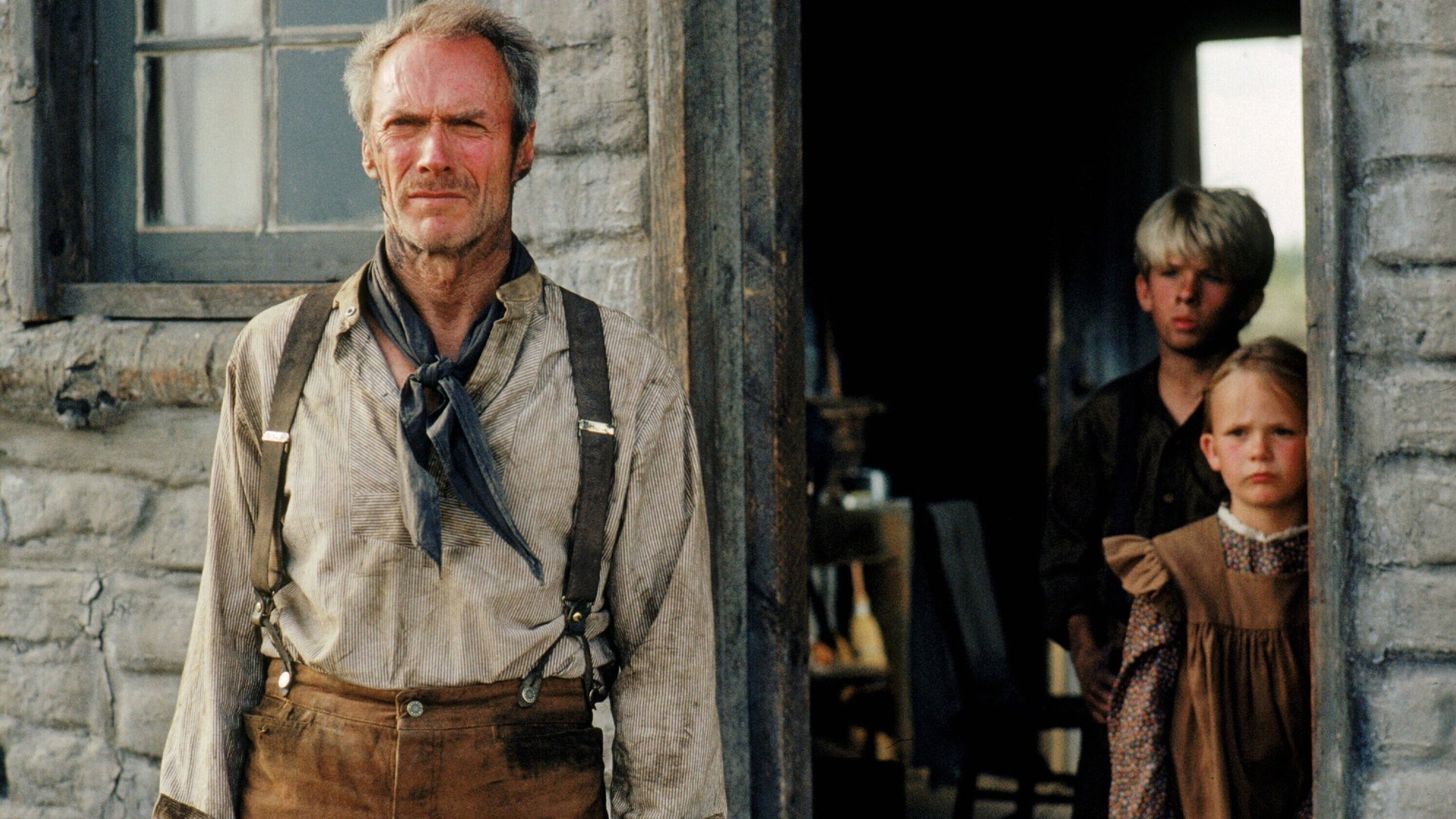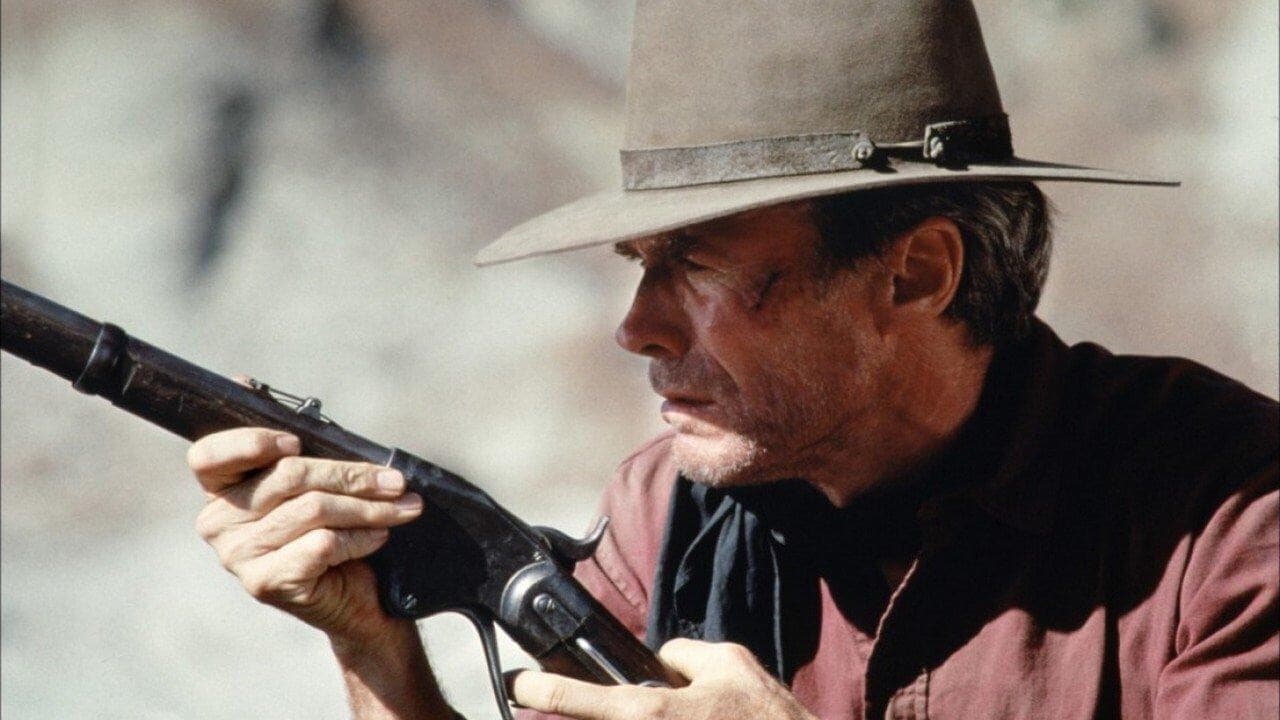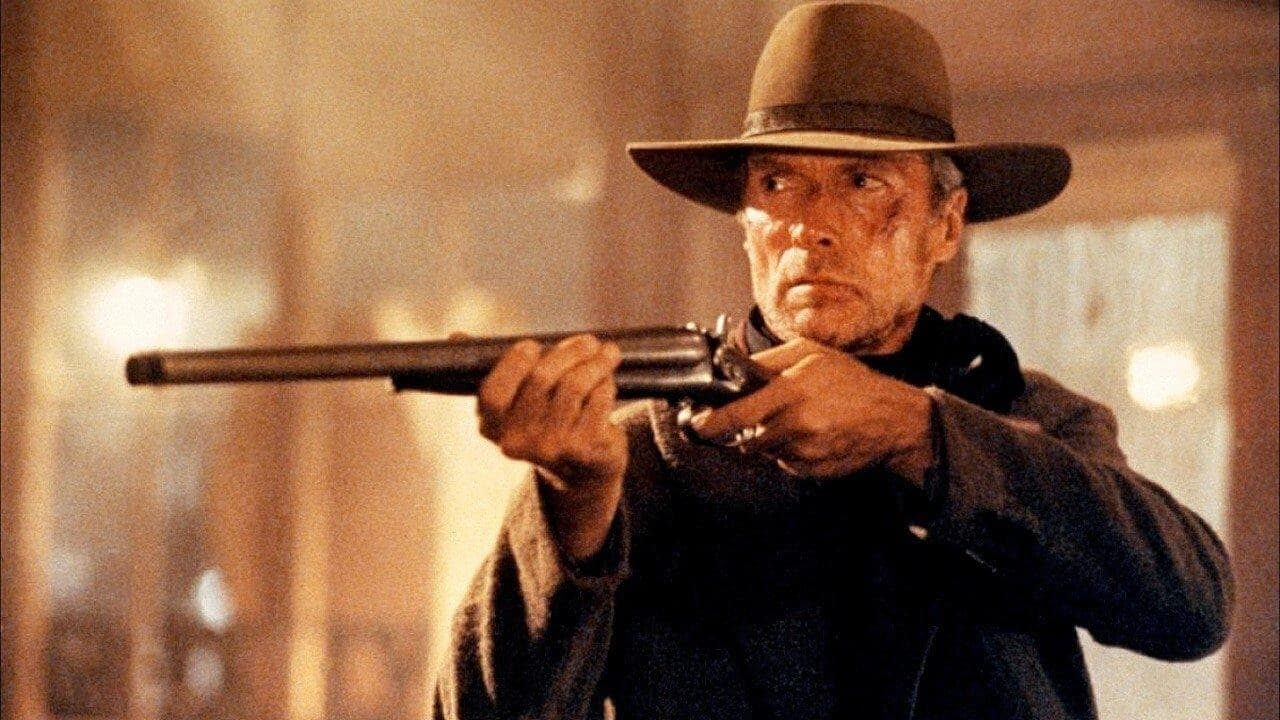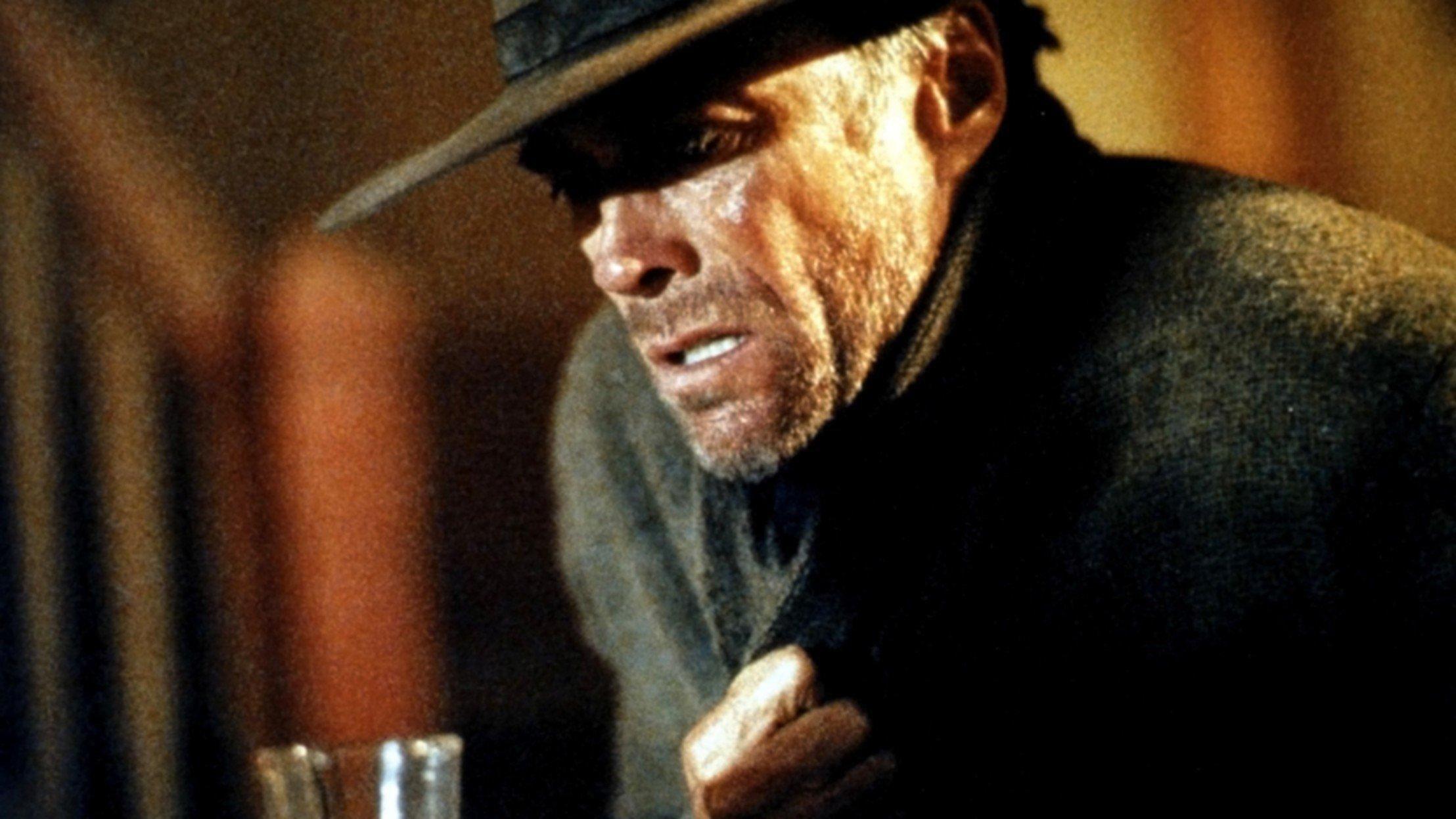Unforgiven
Eastwood, who directs and stars in the film, delivers a tour de force performance as William Munny, a retired gunslinger struggling to leave behind his violent past. The layers of complexity and vulnerability he brings to the character make Munny one of the most captivating and relatable antiheroes in cinematic history. Eastwood's nuanced portrayal resonates with authenticity and lends the film a deep emotional weight.
The supporting cast is equally remarkable, with standout performances from Gene Hackman as the ruthless and charismatic sheriff Little Bill Daggett, and Morgan Freeman as Ned Logan, Munny's loyal and weathered comrade. Each actor brings a depth and humanity to their roles, elevating the film and further exploring its themes of regret, morality, and the blurred lines between good and evil.
"Unforgiven" is a masterclass in storytelling. The screenplay, written by David Webb Peoples, navigates the Western tropes with finesse, subverting expectations while remaining true to the genre's essence. The film's pacing is deliberate, allowing the tension to build steadily as the characters confront their past and face the consequences of their actions. Peoples' script explores the inherent contradictions of the Old West, exposing the romanticized mythology to reveal the harsh realities beneath.
The cinematography by Jack N. Green is breathtaking, capturing the rugged beauty of the American frontier. The wide shots of sweeping landscapes and the use of natural lighting contribute to the film's immersive atmosphere, while the close-ups emphasize the emotions etched on the characters' faces. The visual style enhances the narrative, highlighting the weight of the characters' decisions and the moral dilemmas they face.
In addition to its technical and narrative achievements, "Unforgiven" delves deep into profound themes. It questions the romanticized notions of heroism and the price one pays for violence, exploring the repercussions of one's choices and the everlasting scars they leave behind. It challenges the notion of justice and raises unsettling questions about the nature of revenge and the human capacity for forgiveness.
With its meditative tone and philosophical undercurrents, "Unforgiven" transcends the confines of the Western genre. It becomes a timeless exploration of human frailty, redemption, and the search for meaning in a world stained by violence. The film's power lies not only in its captivating storytelling and exceptional performances but also in its ability to provoke introspection and engage the audience on a deeply emotional level.
In conclusion, "Unforgiven" is a masterpiece of cinema that defies expectations and remains relevant even decades after its release. Clint Eastwood's direction and performance, supported by a stellar cast, bring depth and resonance to a morally complex story. With its powerful exploration of violence, redemption, and the complexities of human nature, "Unforgiven" stands as a testament to the enduring impact of great filmmaking.
Retreiving from wikipedia...
